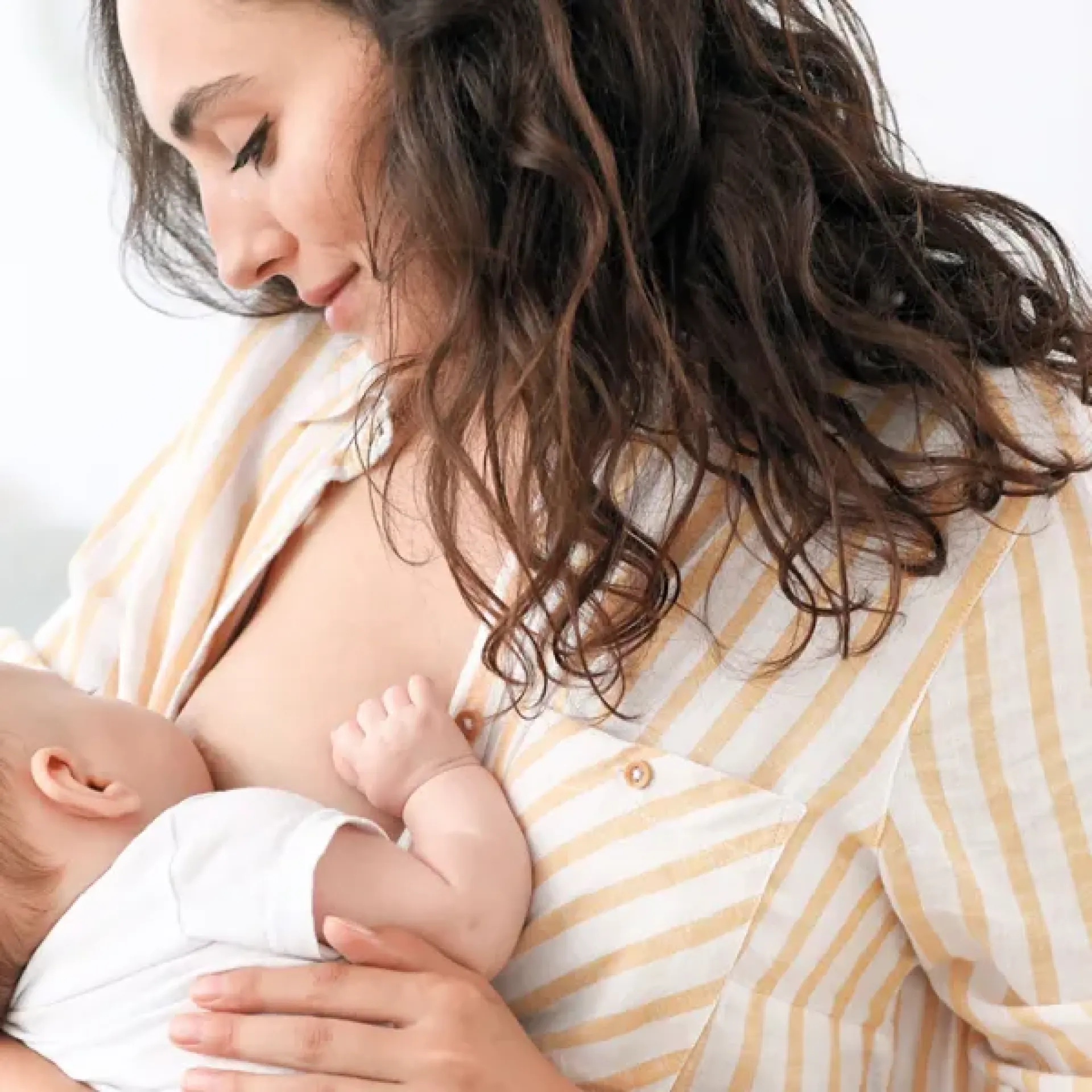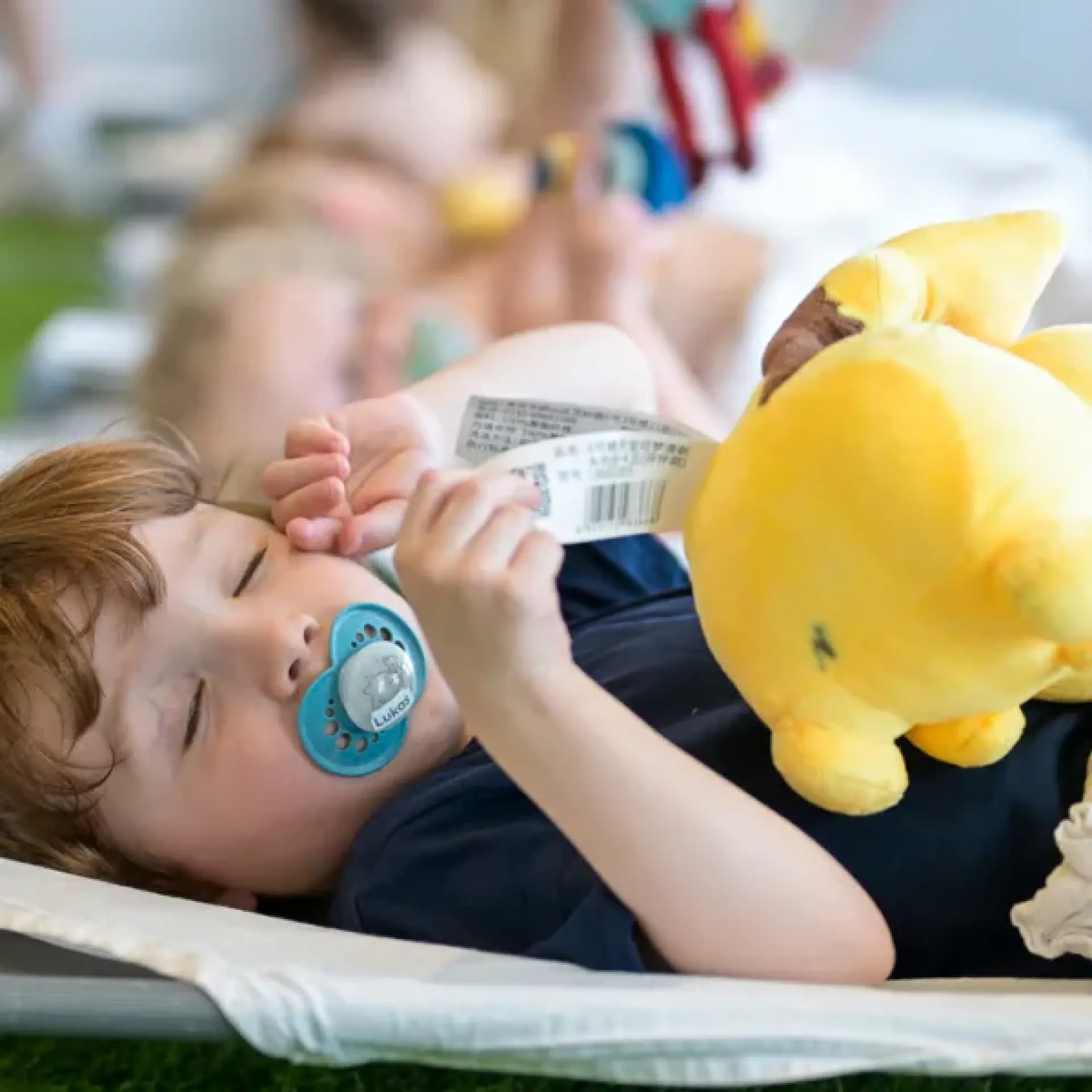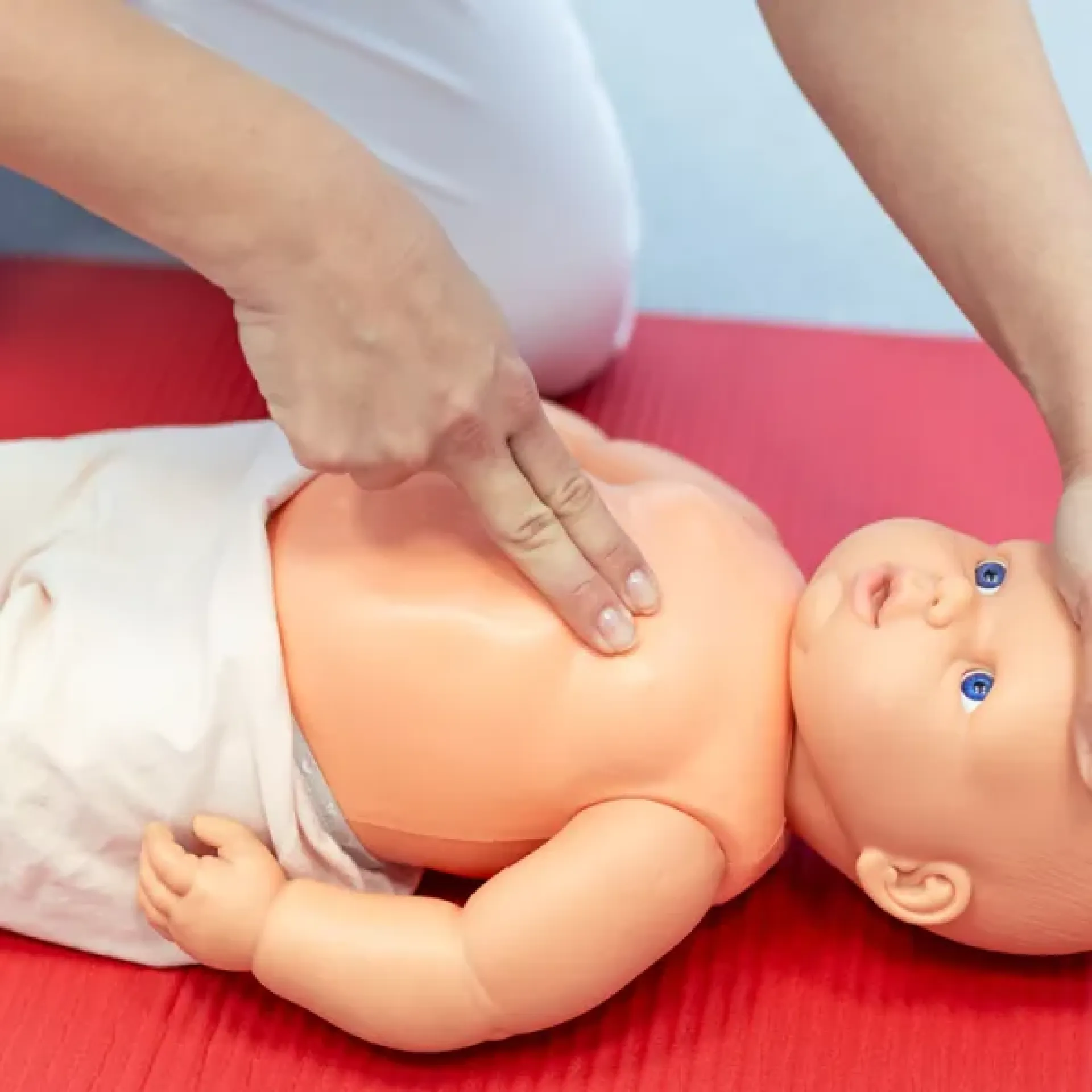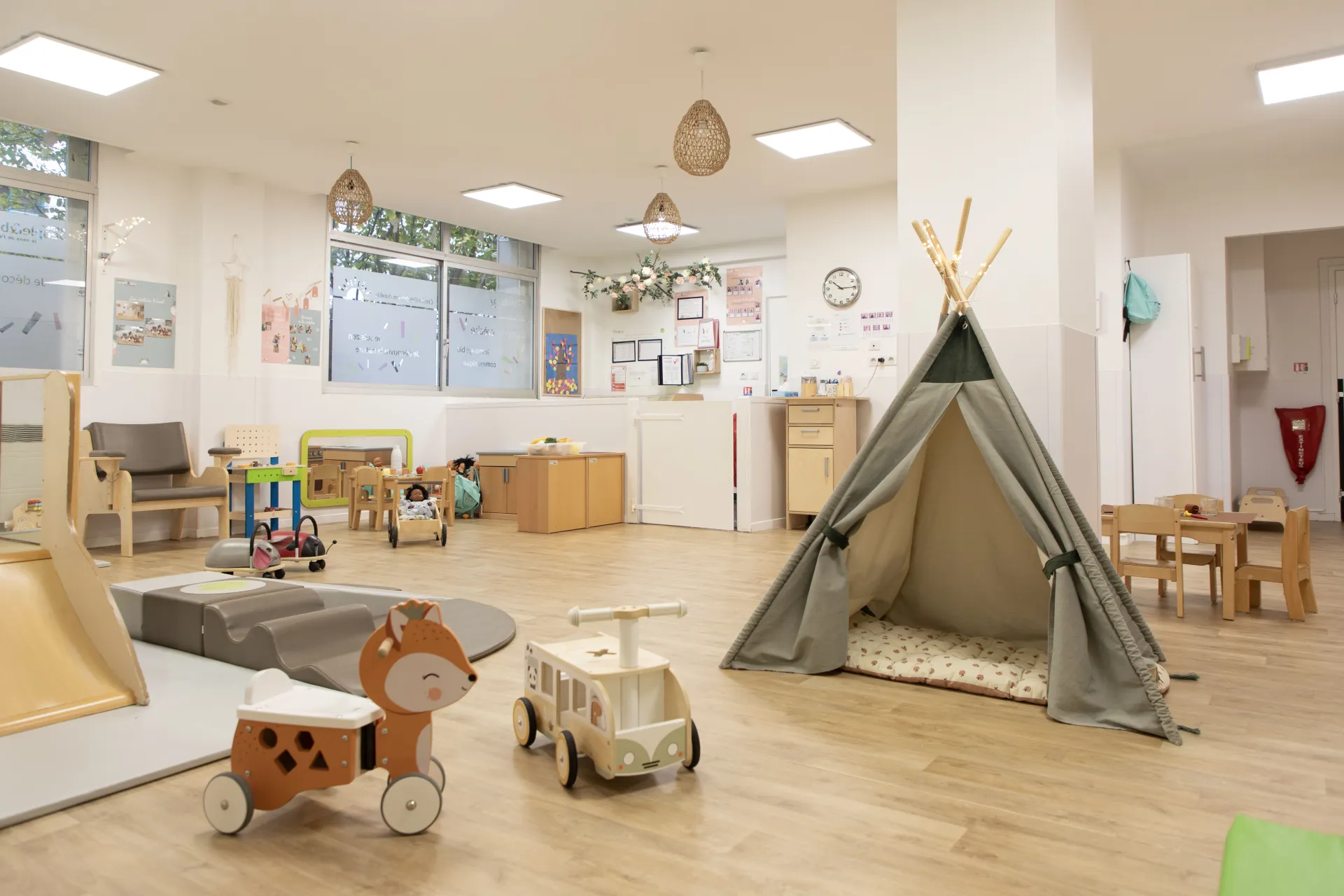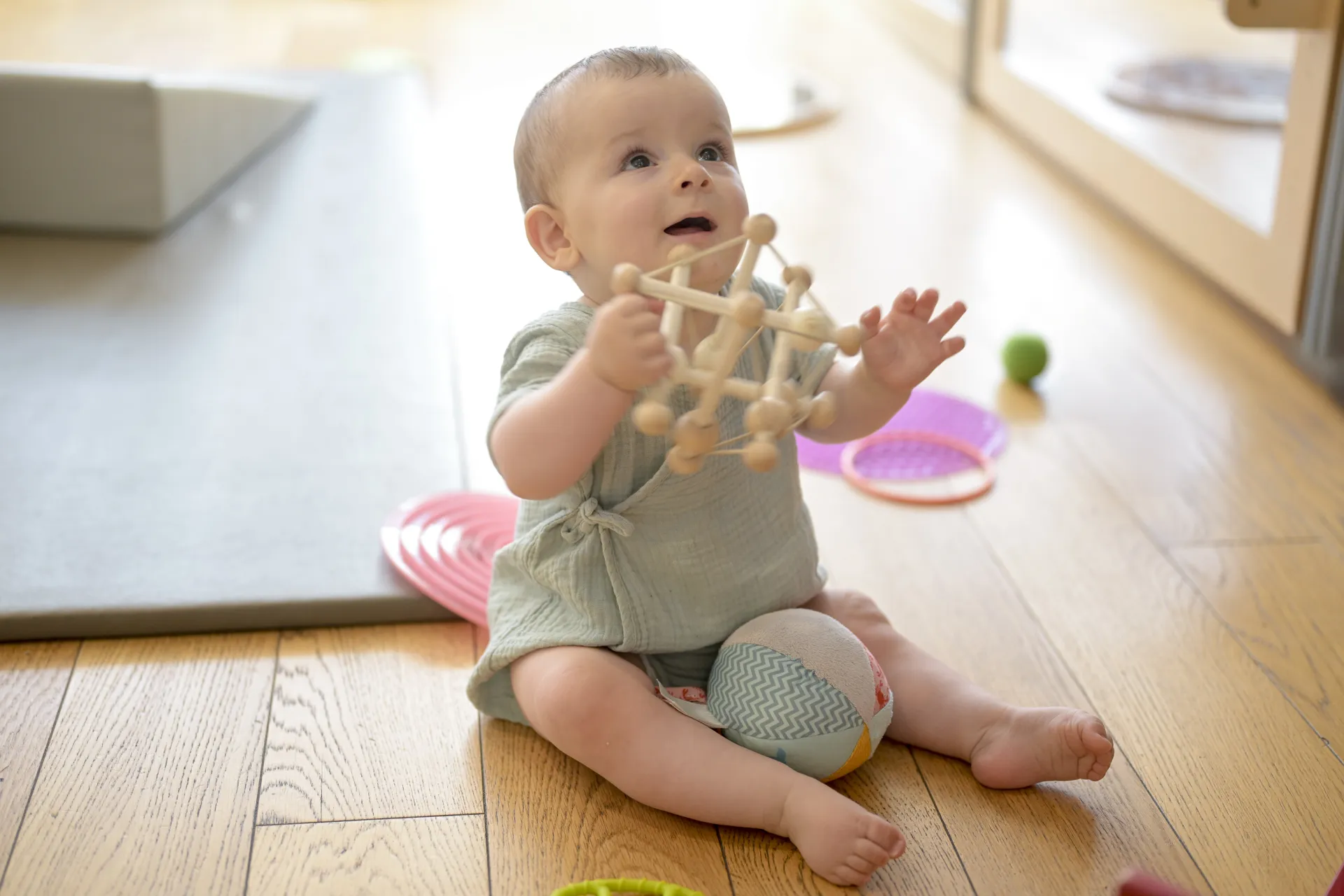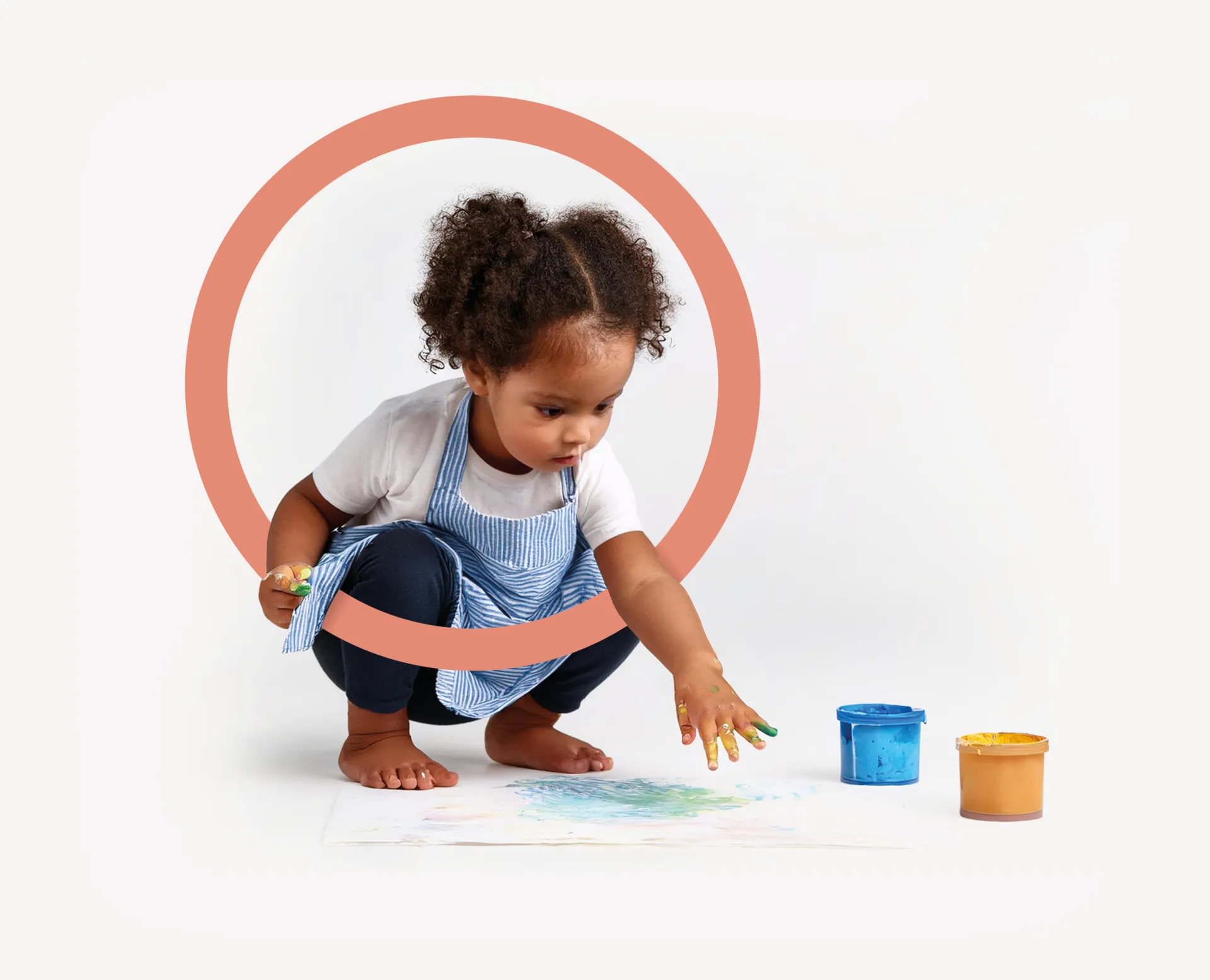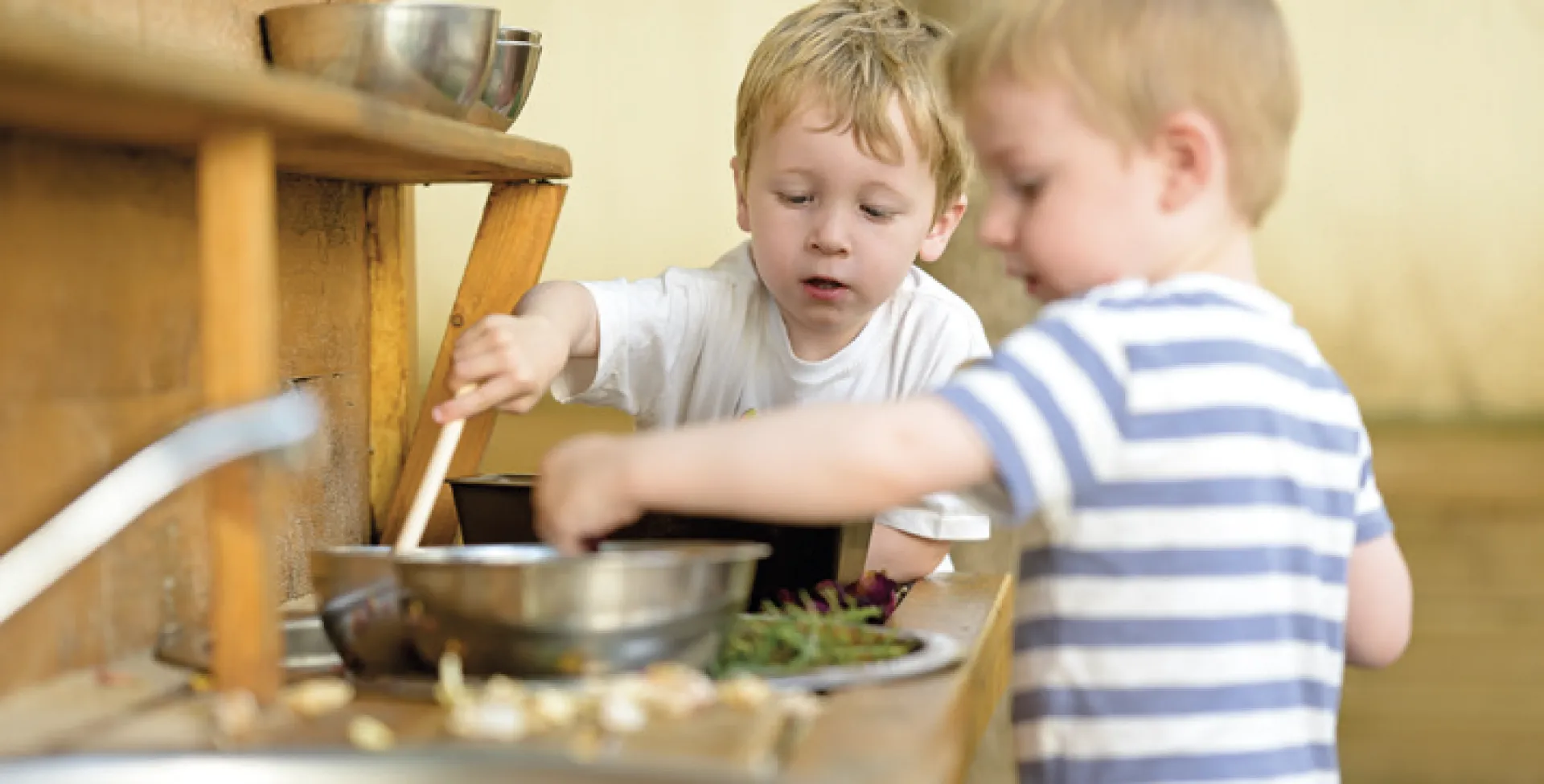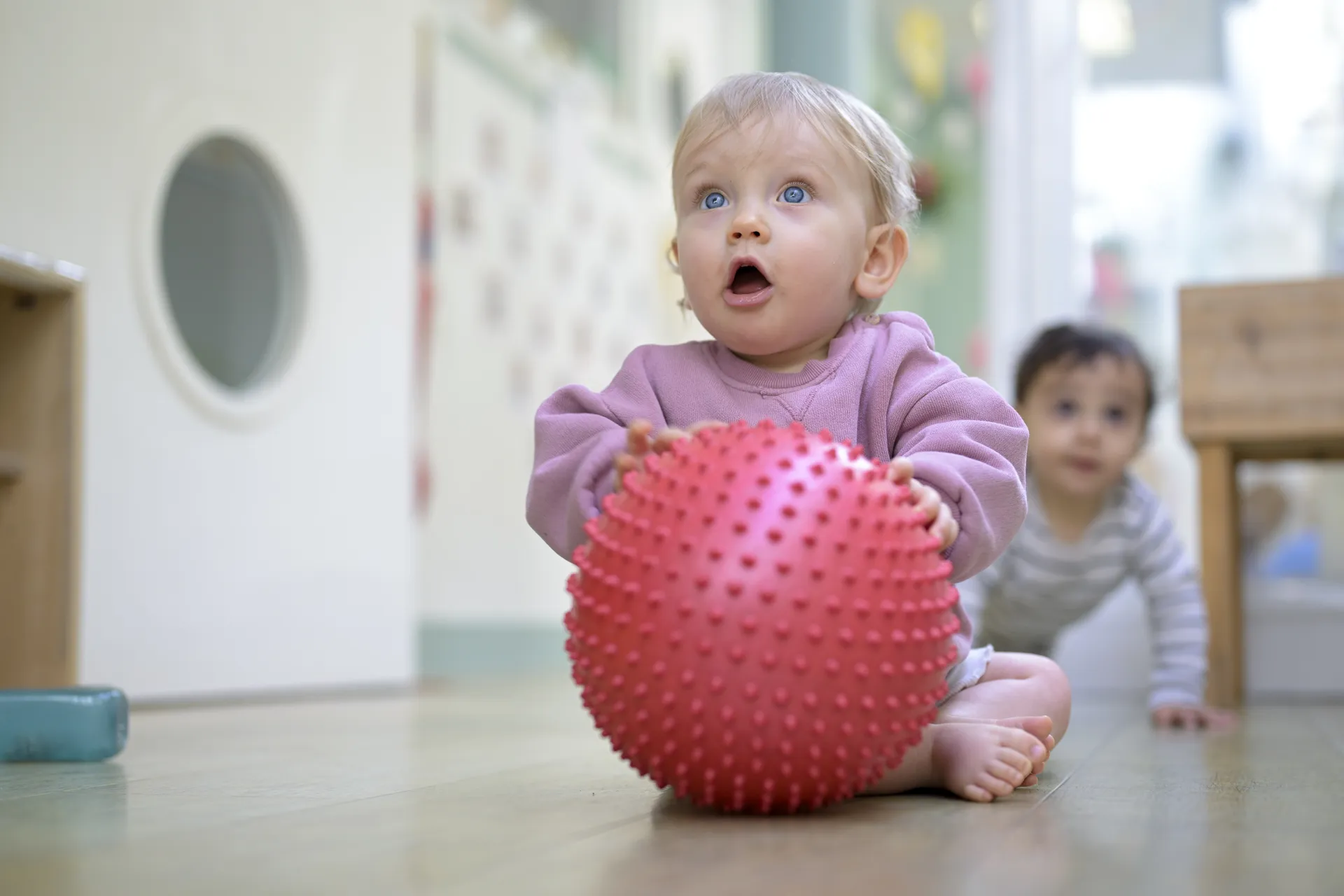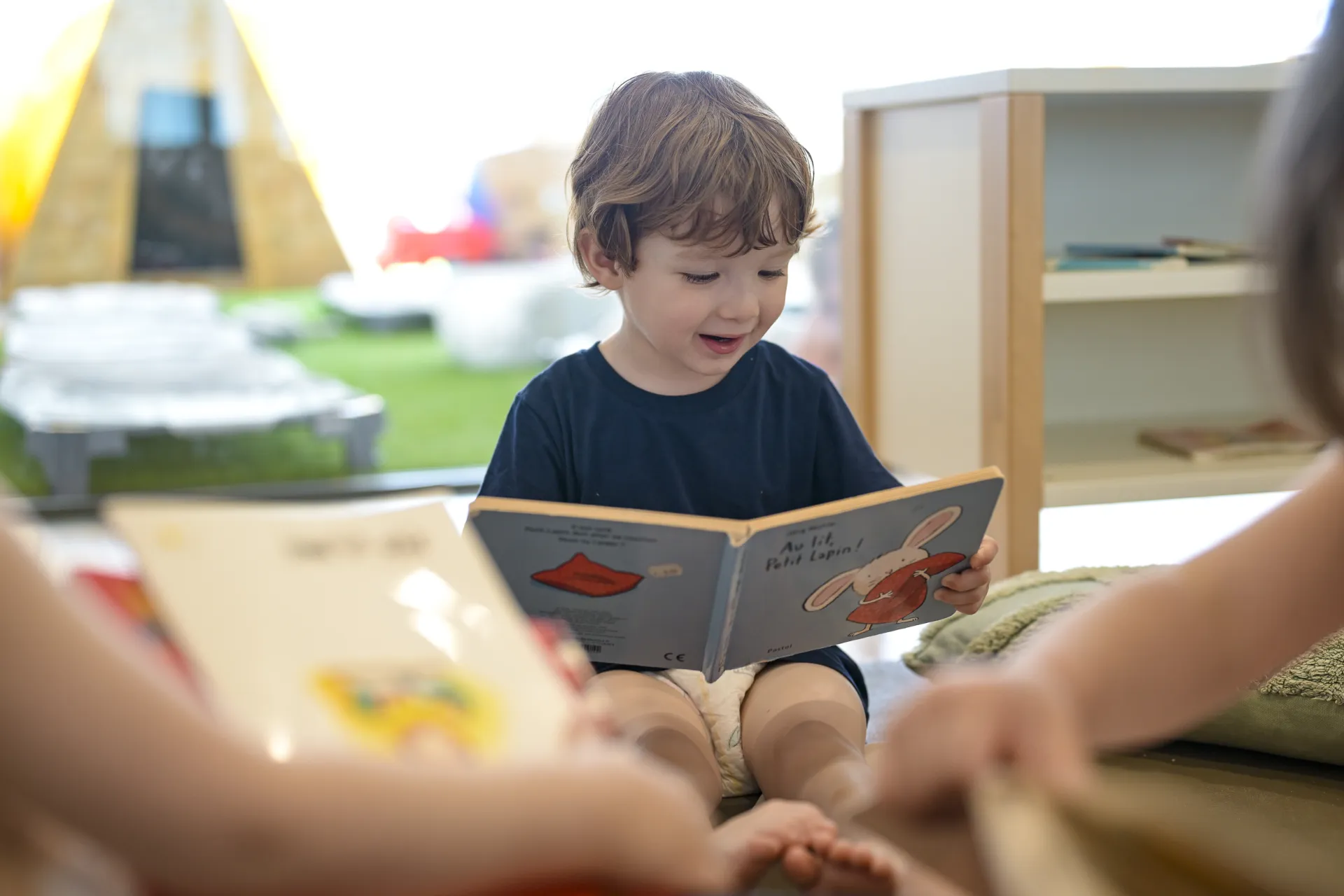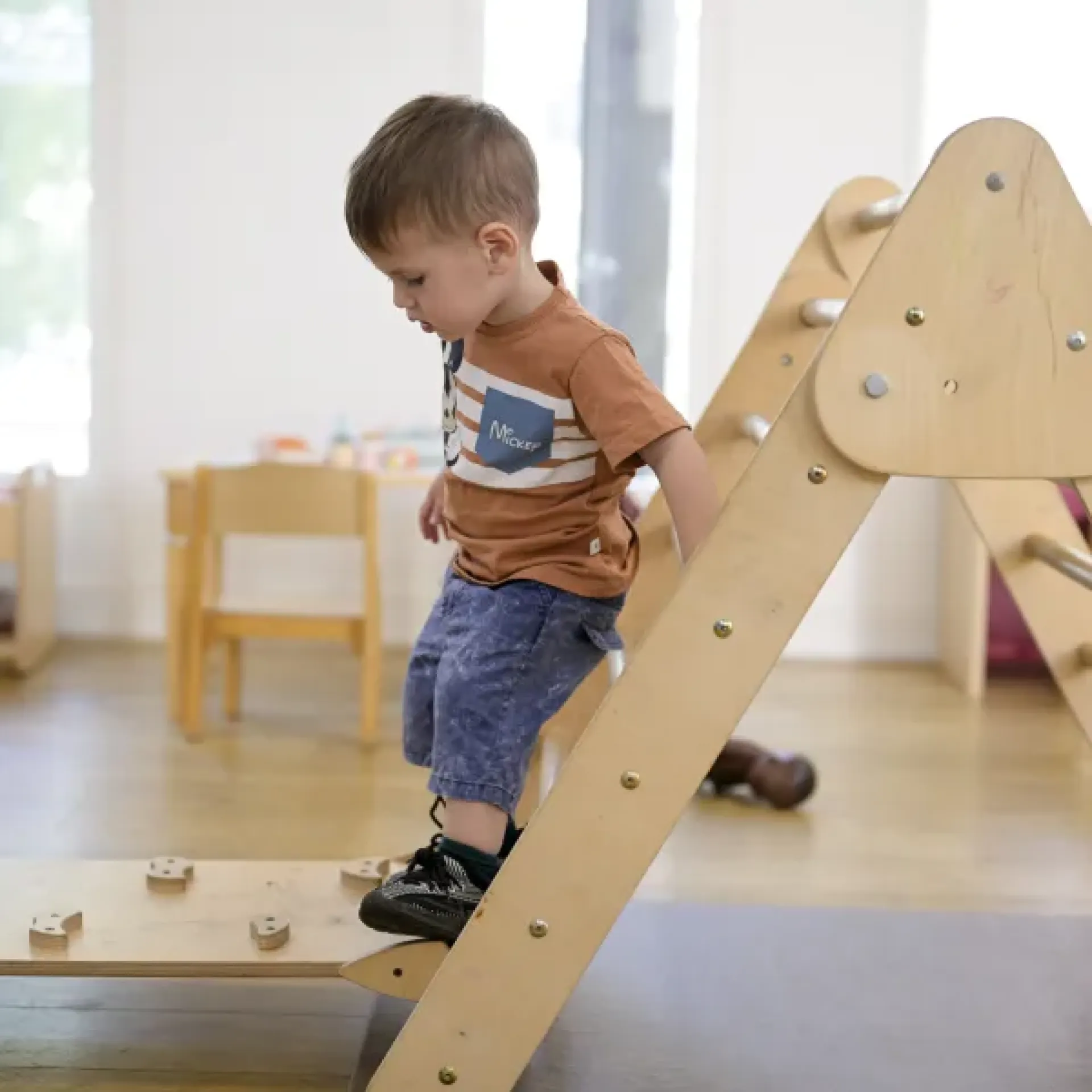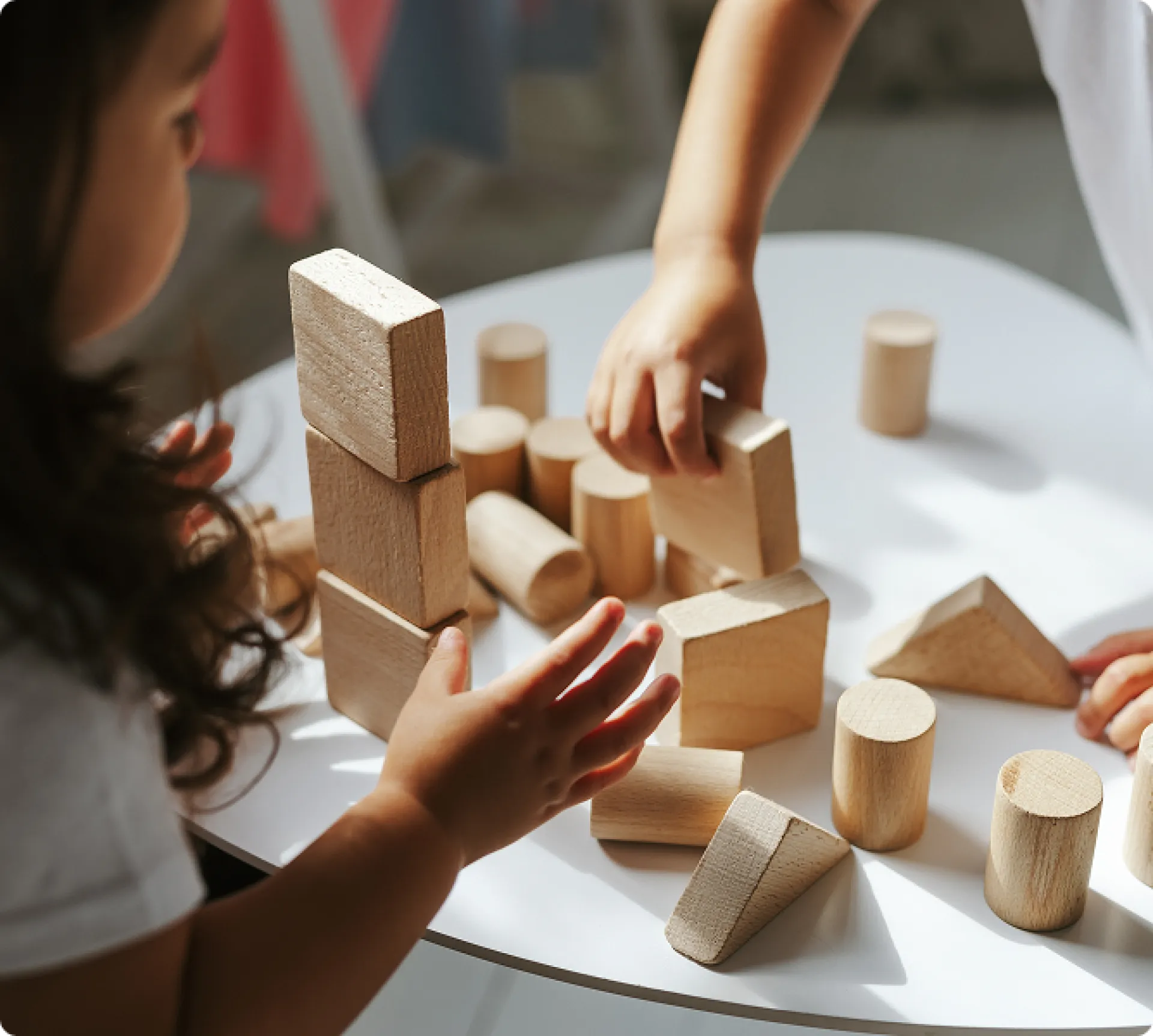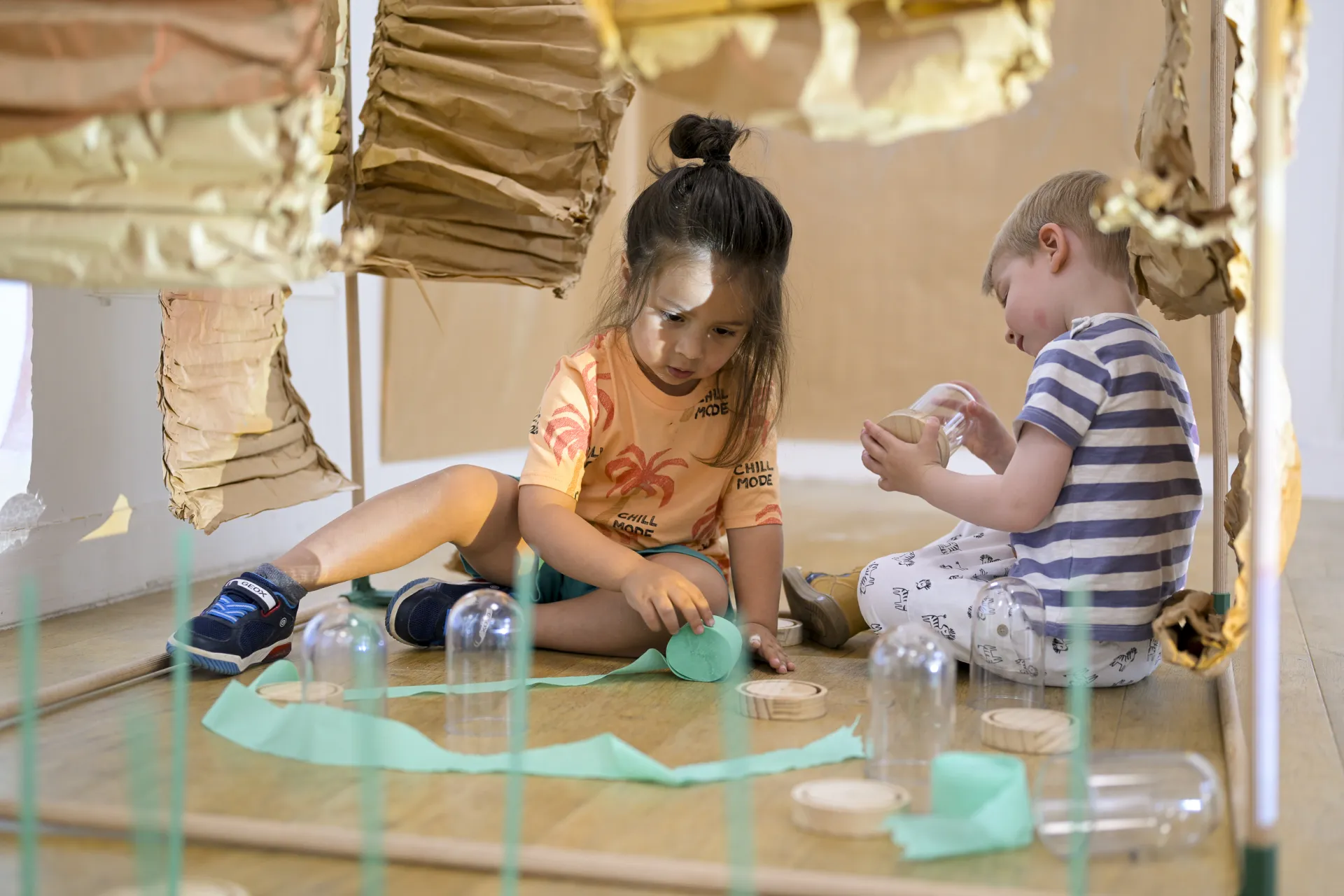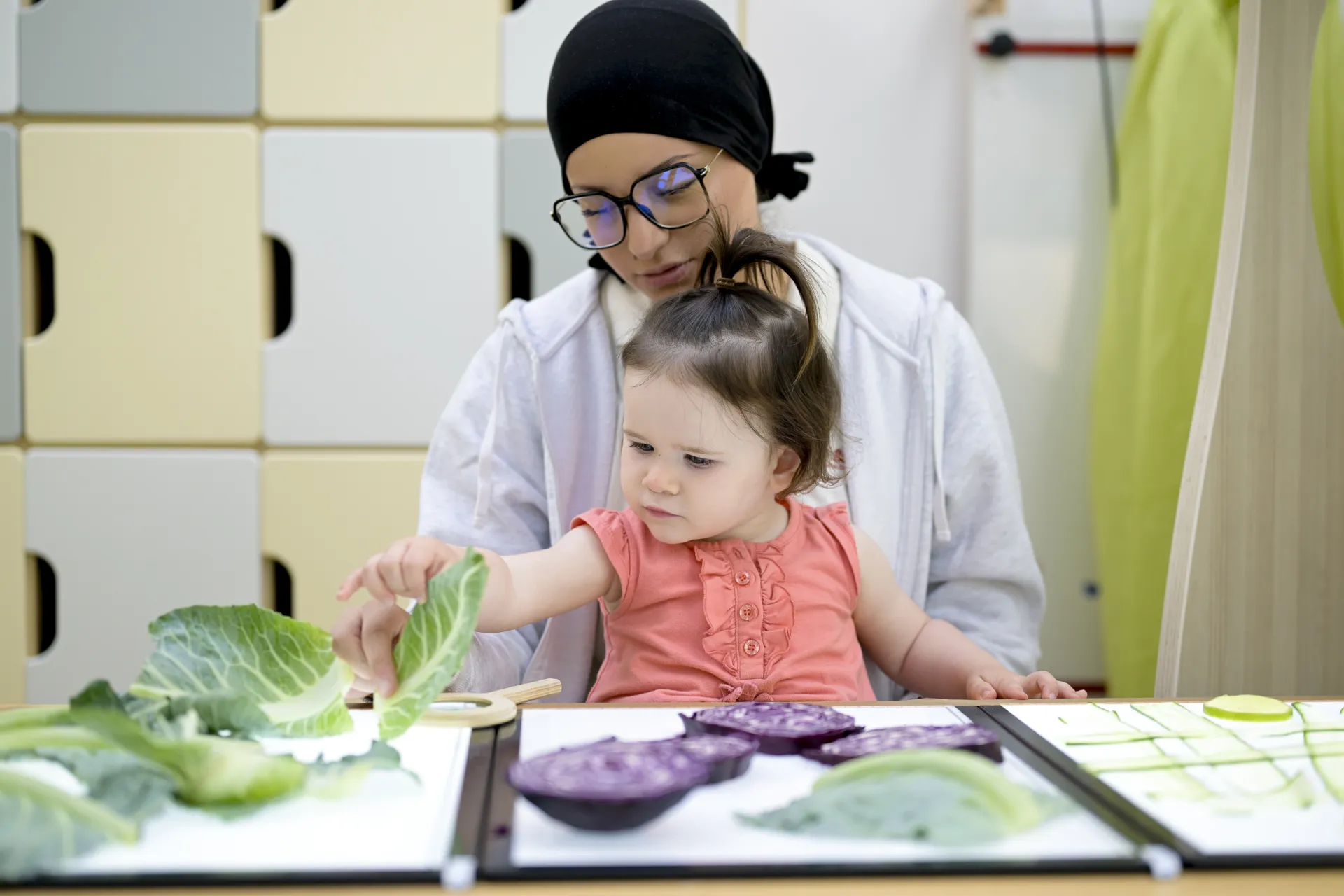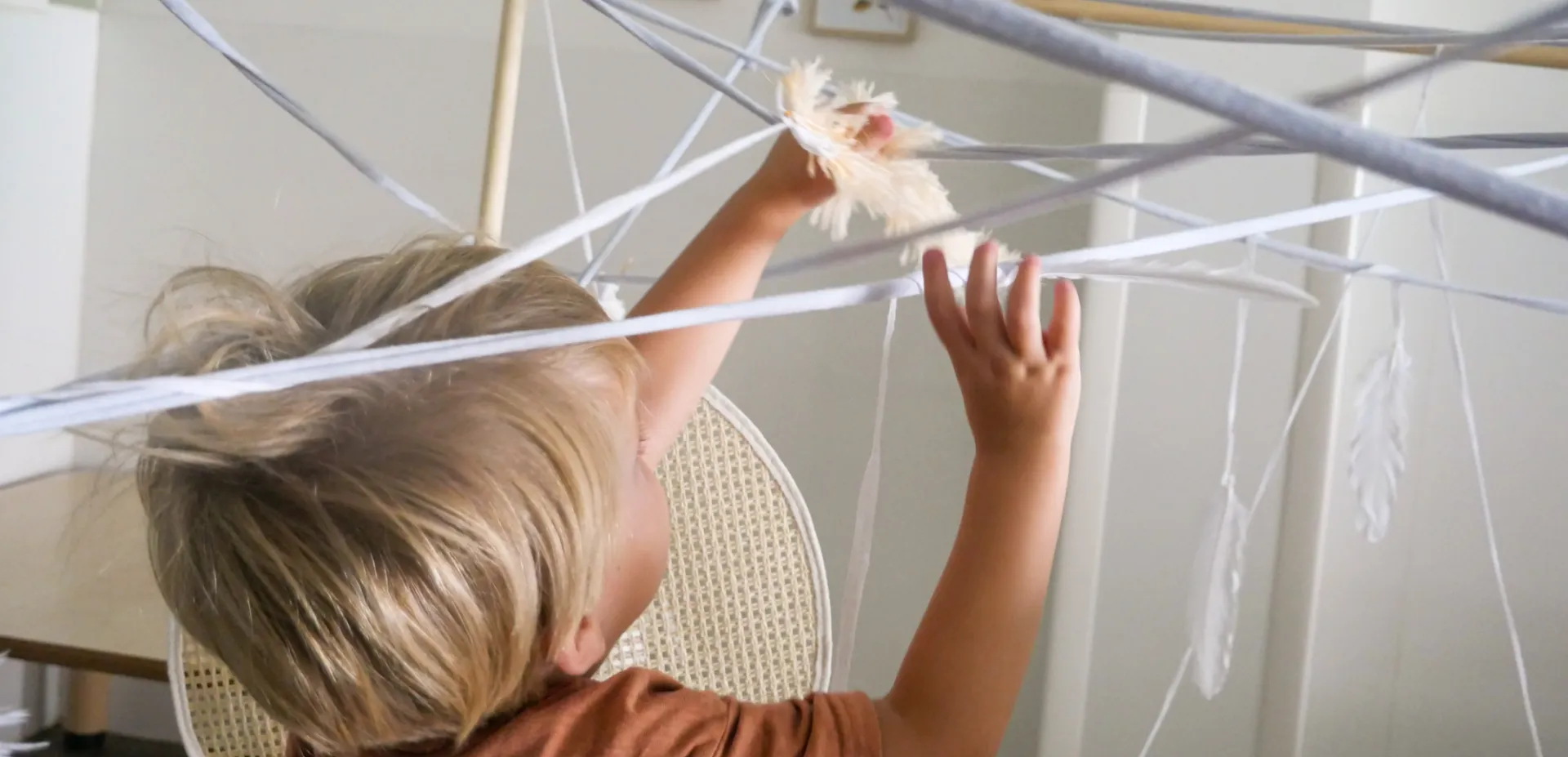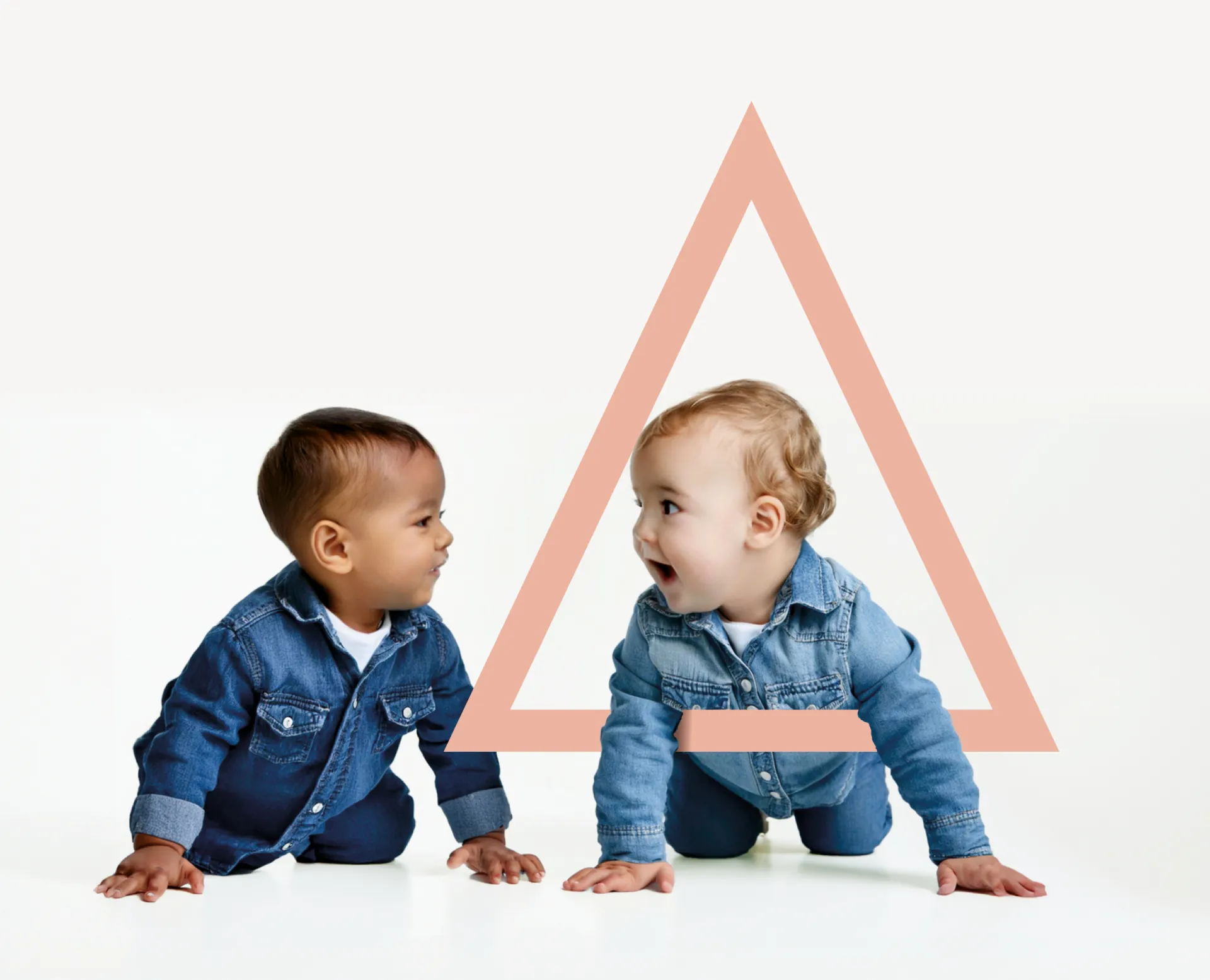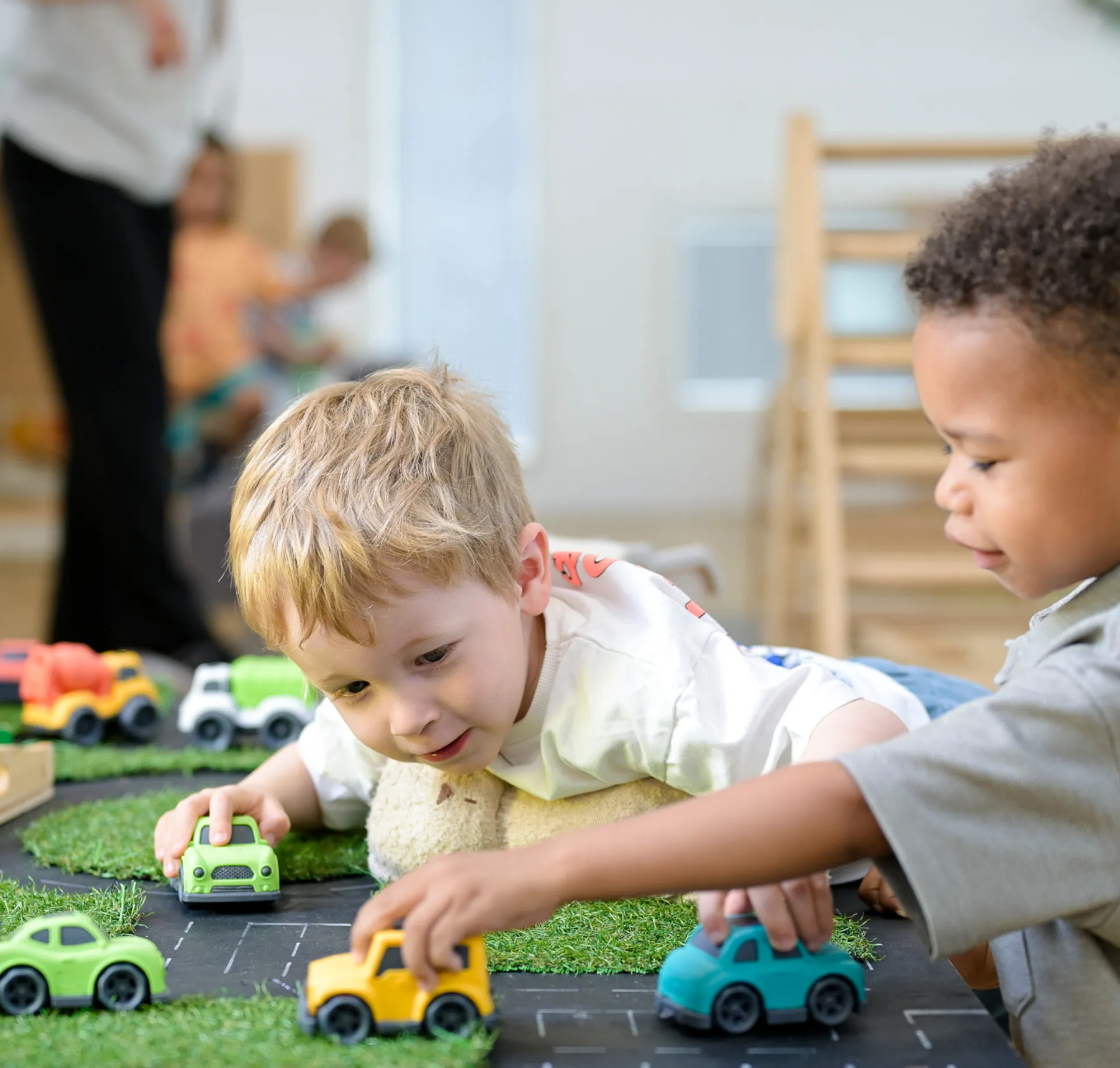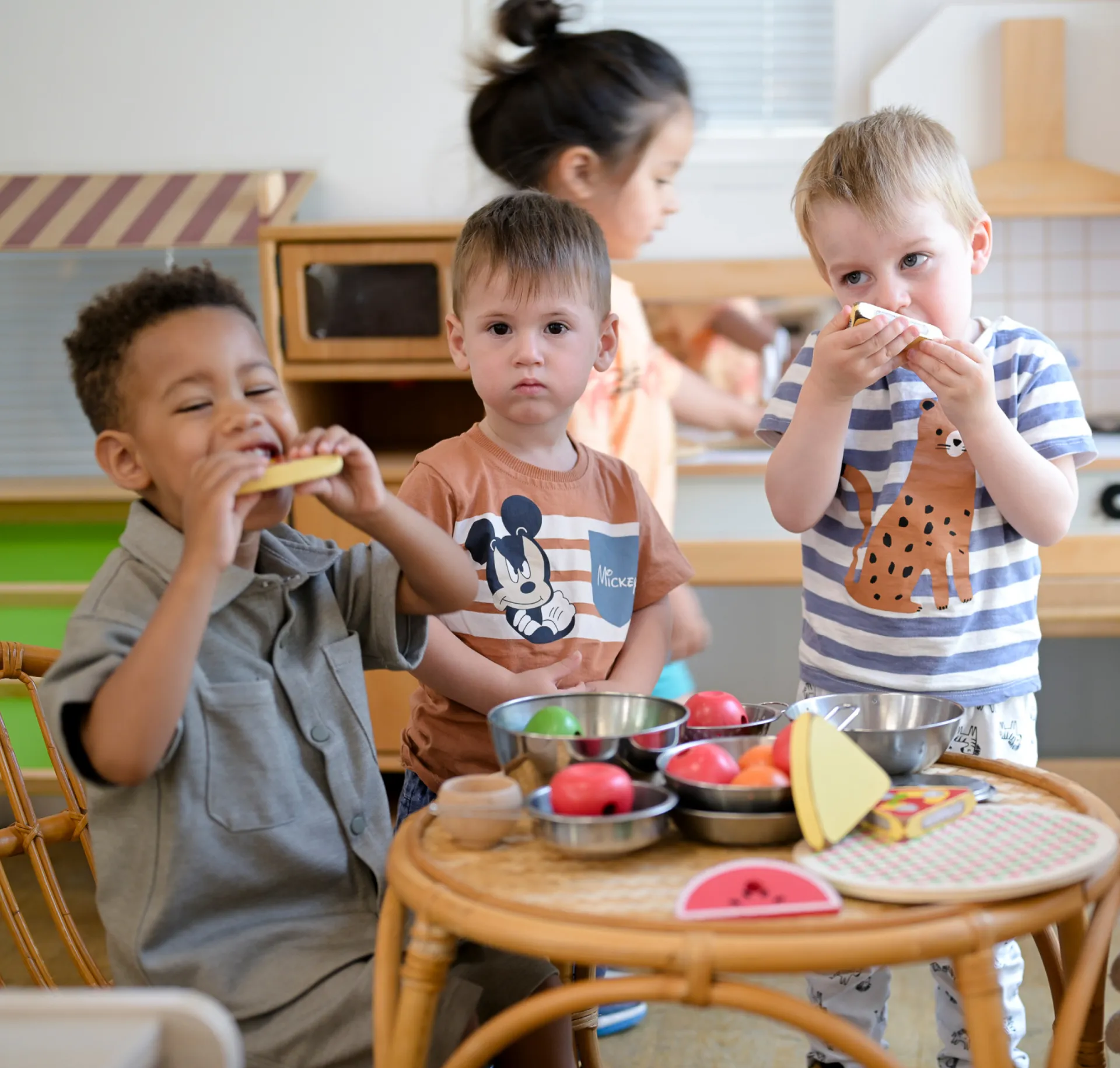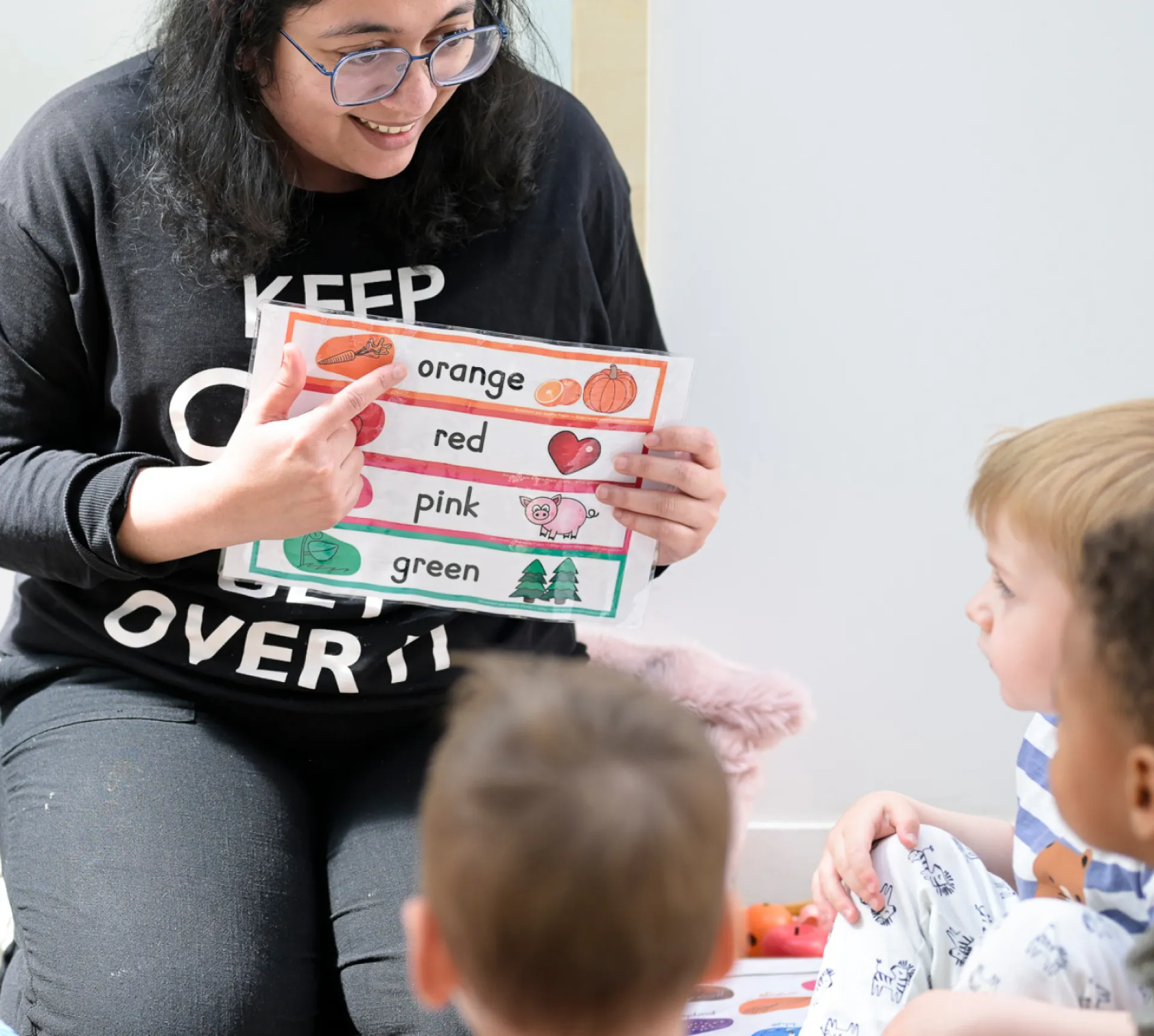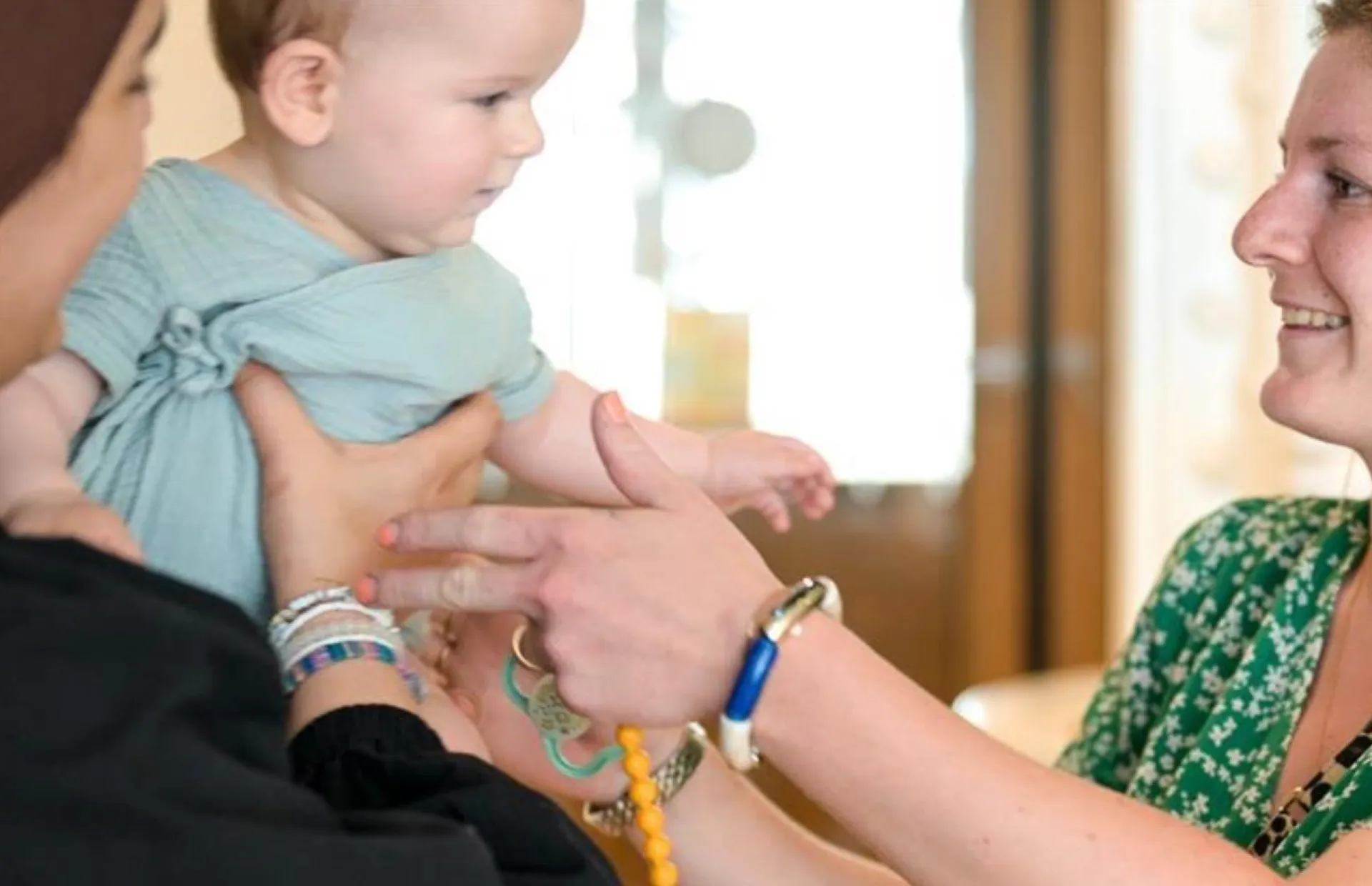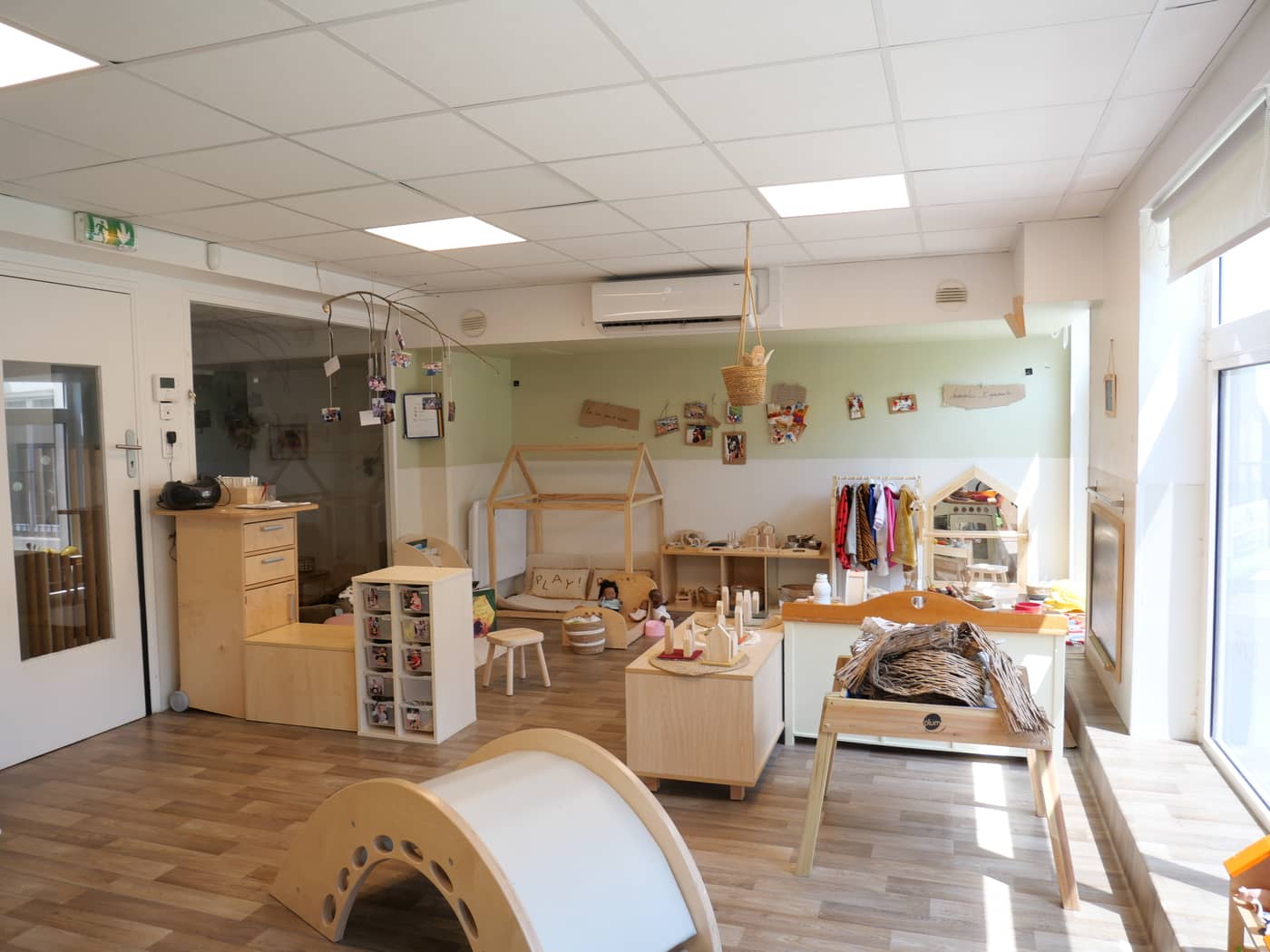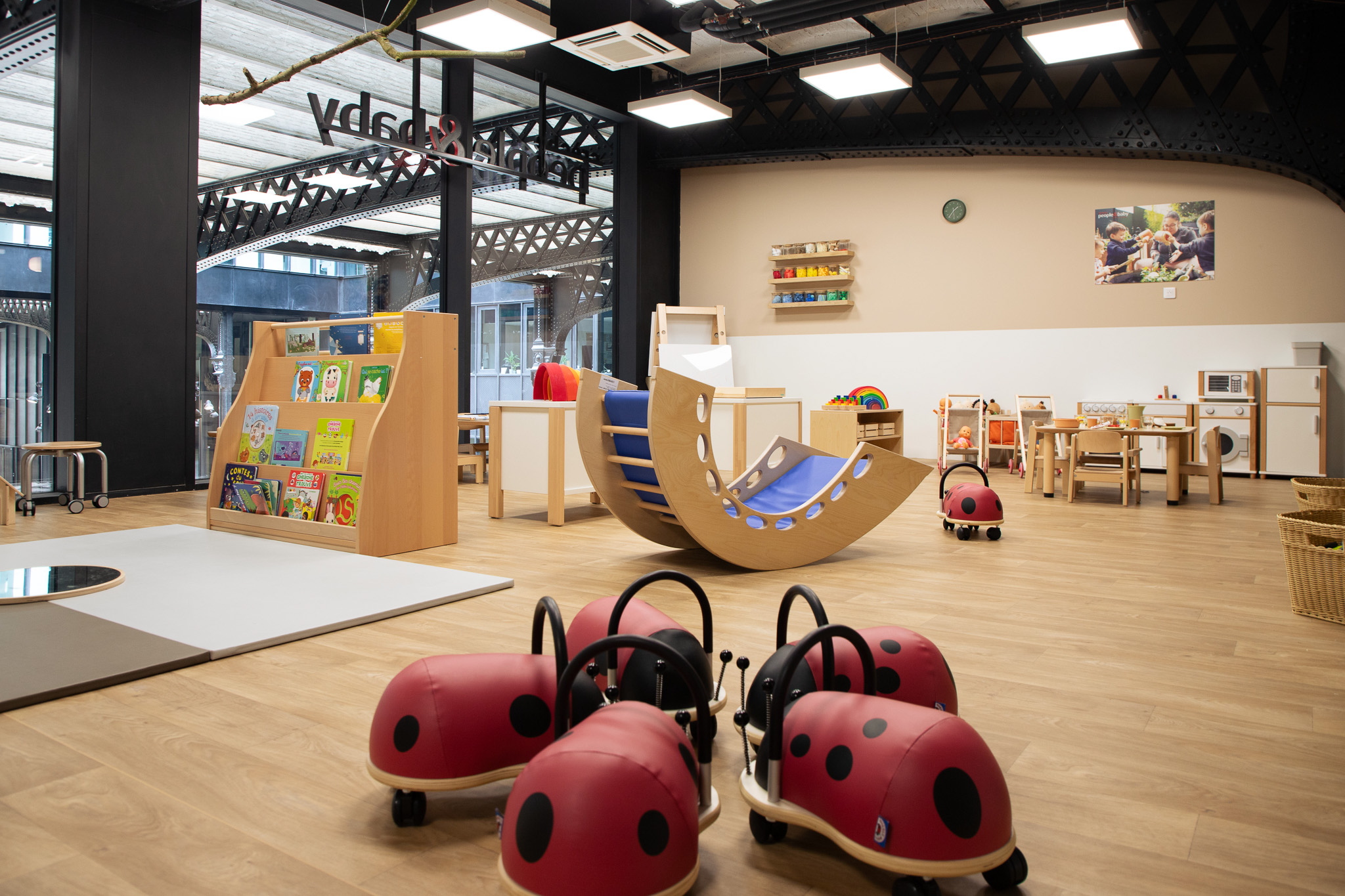La promesse d'accueil
people & baby
Notre Promesse d’accueil auprès des familles est de créer pour leurs enfants des environnements adaptés et propices aux apprentissages, qui favorisent le développement des tout-petits.
Elle prend appui sur la Charte nationale d’accueil du jeune enfant du Ministère du Travail, de la Santé, des Solidarités et des Familles.
Nous avons choisi de bâtir les fondements de notre promesse d’accueil sur 3 démarches pédagogiques et l’avons enrichi avec les enseignements des neurosciences :
Maria Montessori pour l’autonomie et l’expérimentation,
Emmi Pikler pour la sécurité affective et la motricité libre,
Loris Malaguzzi pour la créativité et l’utilisation de la nature comme premier outil d’apprentissage.
Le Respect, socle de notre Promesse d’accueil
Épanouissement, Éveil, et Socialisation : les 3 piliers de notre accueil
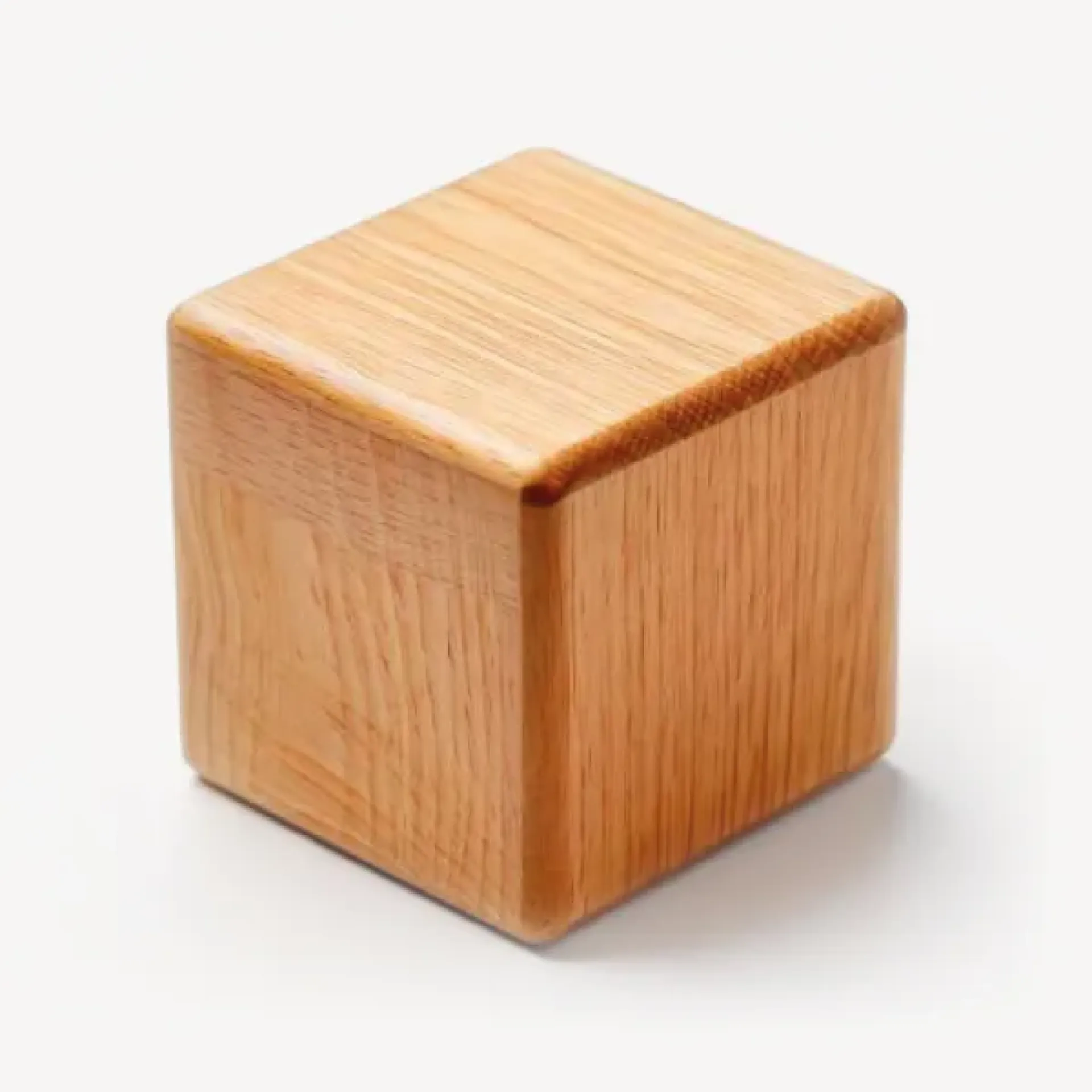
Nos crèches sont des espaces d’épanouissement
où chaque enfant gagne en estime de soi et en sécurité affective, grâce à l’attention des professionnels qui l’accompagnent chaque jour dans une continuité de soins, et grâce à une alimentation de qualité. Acteur de ses découvertes, l’enfant est guidé avec bienveillance et sans contraintes par nos équipes.
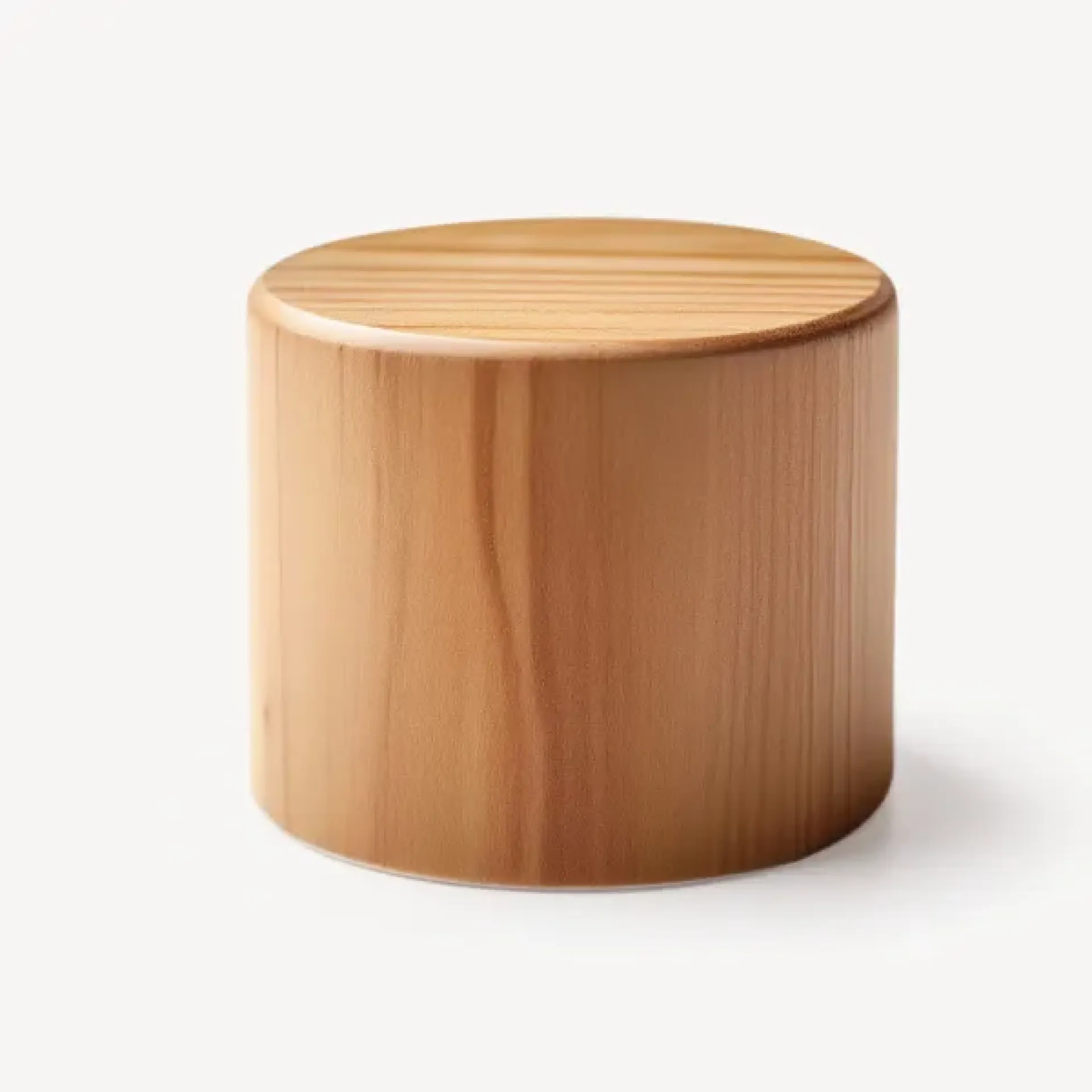
Nos crèches sont des espaces d’éveil
où chaque enfant progresse librement dans le respect de sa personnalité et de ses émotions. Nos professionnels créent dans les salles de vie de la crèche différents pôles de jeux. Par ailleurs, l’éveil artistique sous toutes ses formes prend une place importante dans notre proposition d’ateliers et la nature (matériaux naturels) est utilisée comme terrain quotidien de jeux et d’exploration
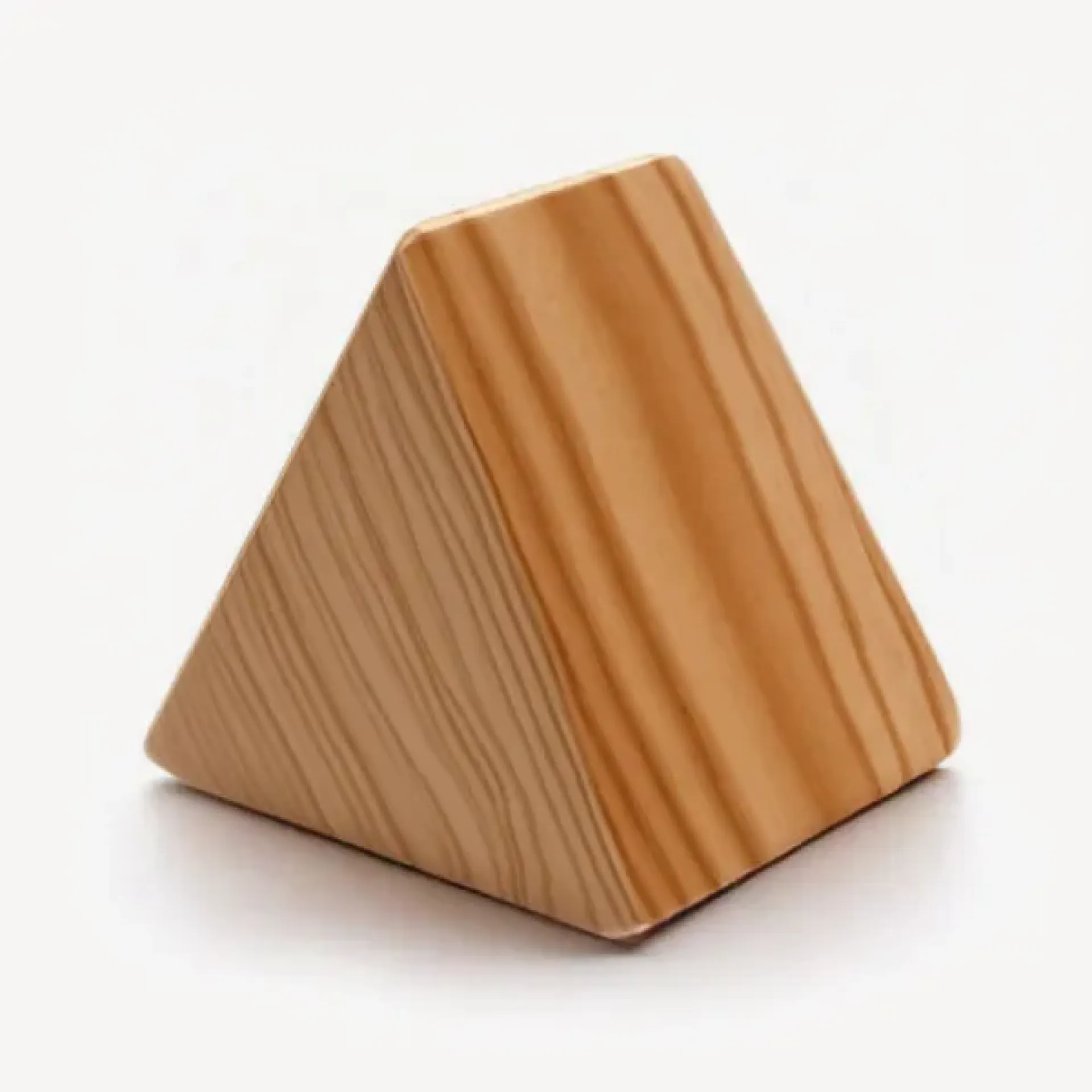
Nos crèches sont des espaces de socialisation
où chaque enfant acquiert des compétences en lien avec le partage, l’inclusion et le vivre ensemble. Les enfants s’ouvrent aussi à la diversité culturelle à travers l’éveil à des langues étrangères.
LES ENFANTS SE CONSTRUISENT, S'ÉVEILLENT, S'OUVRENT AU MONDE, FAISANT DU LIEU D'ACCUEIL PEOPLE & BABY BIEN PLUS QU'UNE CRÈCHE.
Focus
L’application dans nos crèches de nos inspirations pédagogiques
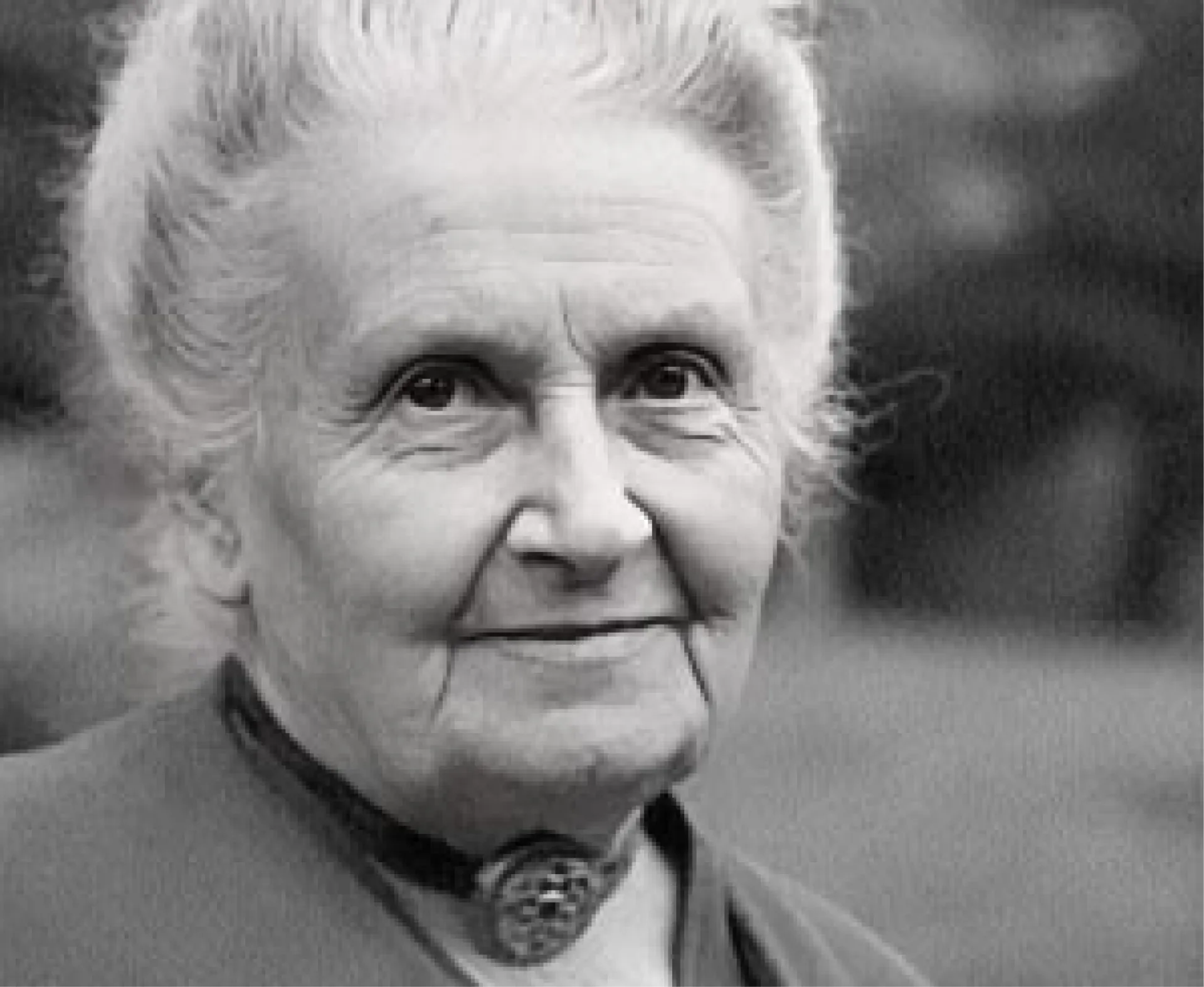
Maria Montessori : autonomie et expérimentation
La pédagogie Montessori, développée par Maria Montessori médecin et pédagogue (1870-1952), met l’accent sur l’autonomie et l’apprentissage par l’expérimentation.
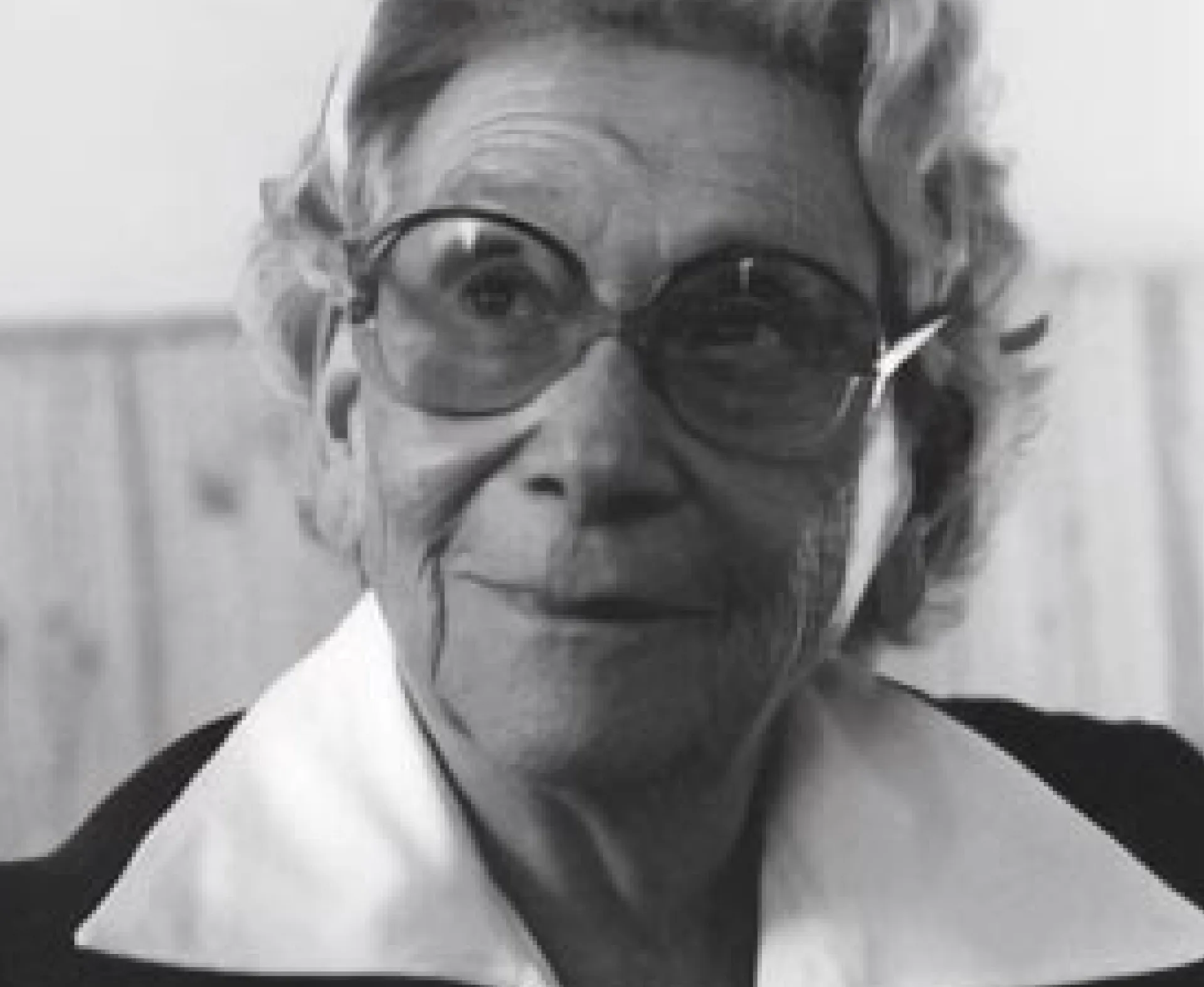
Emmi Pikler : sécurité affective et motricité libre
Emmi Pikler, pédiatre (1902-1984) met au cœur de son approche la sécurité affective, la relation adulte-enfant et la motricité libre.
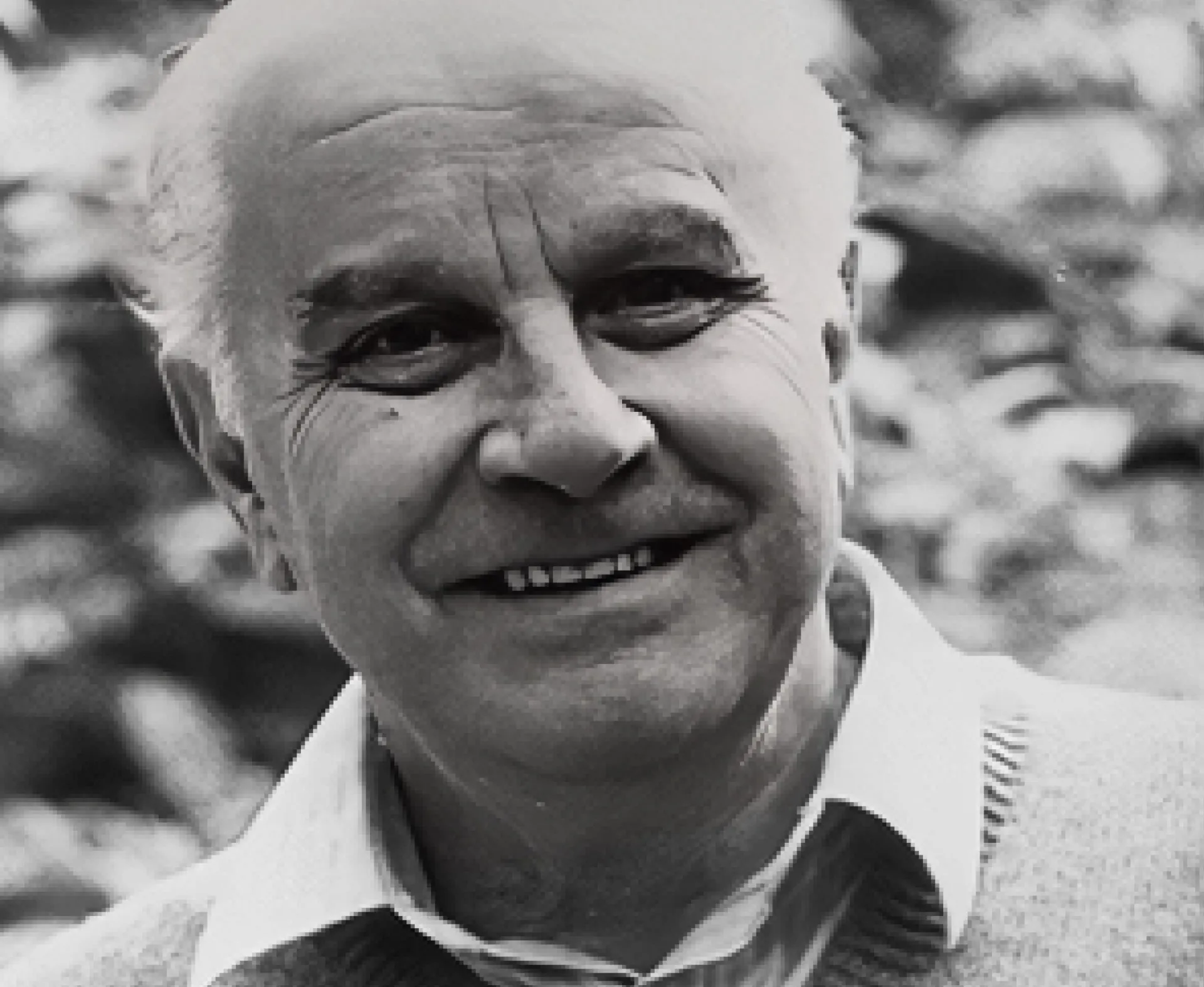
Reggio Emilia de Loris Malaguzzi : la créativité et la nature comme premier outil d’apprentissage
Loris Malaguzzi, enseignant et pédagogue (192O-1994) valorise la créativité et l’expression personnelle des enfants.
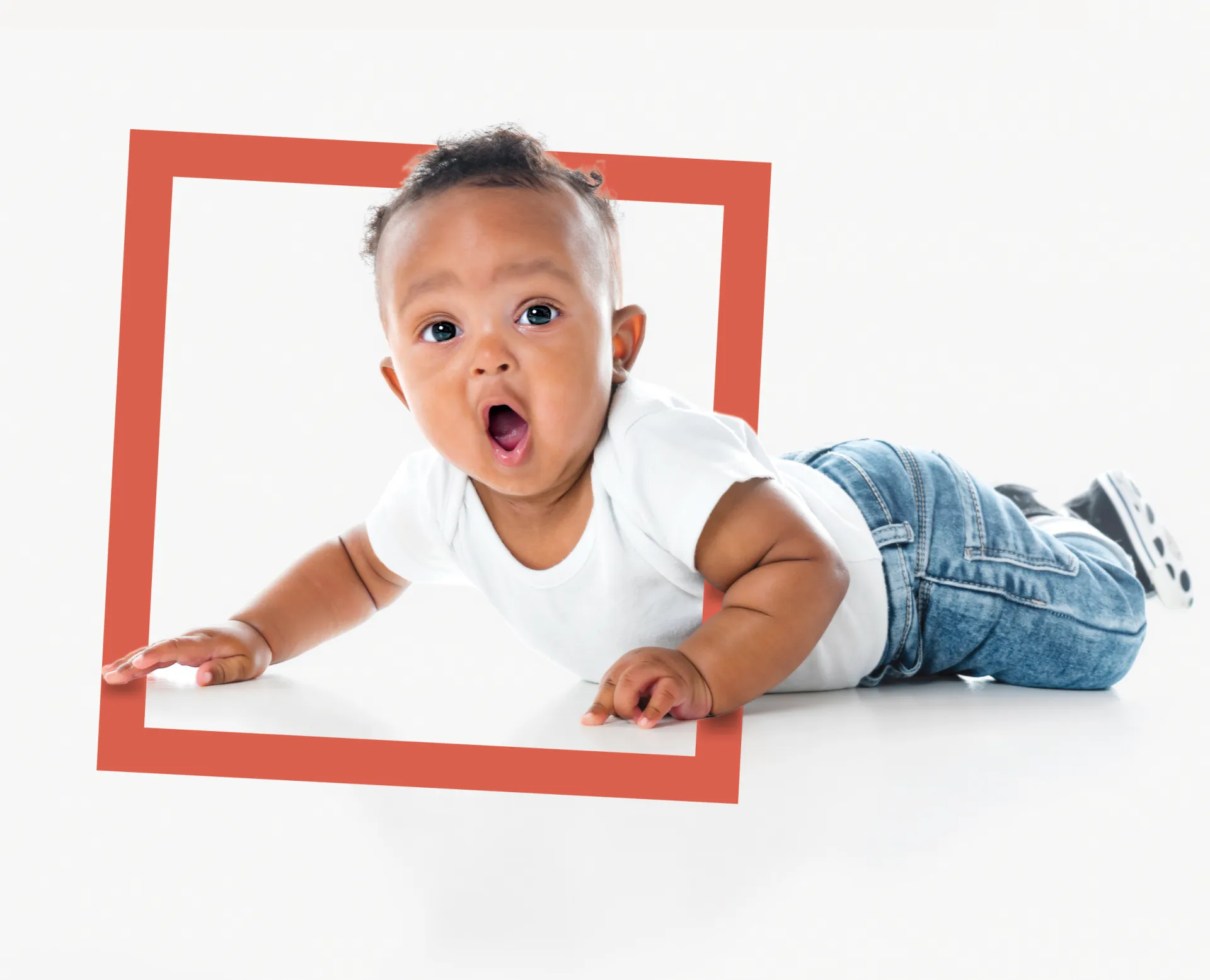

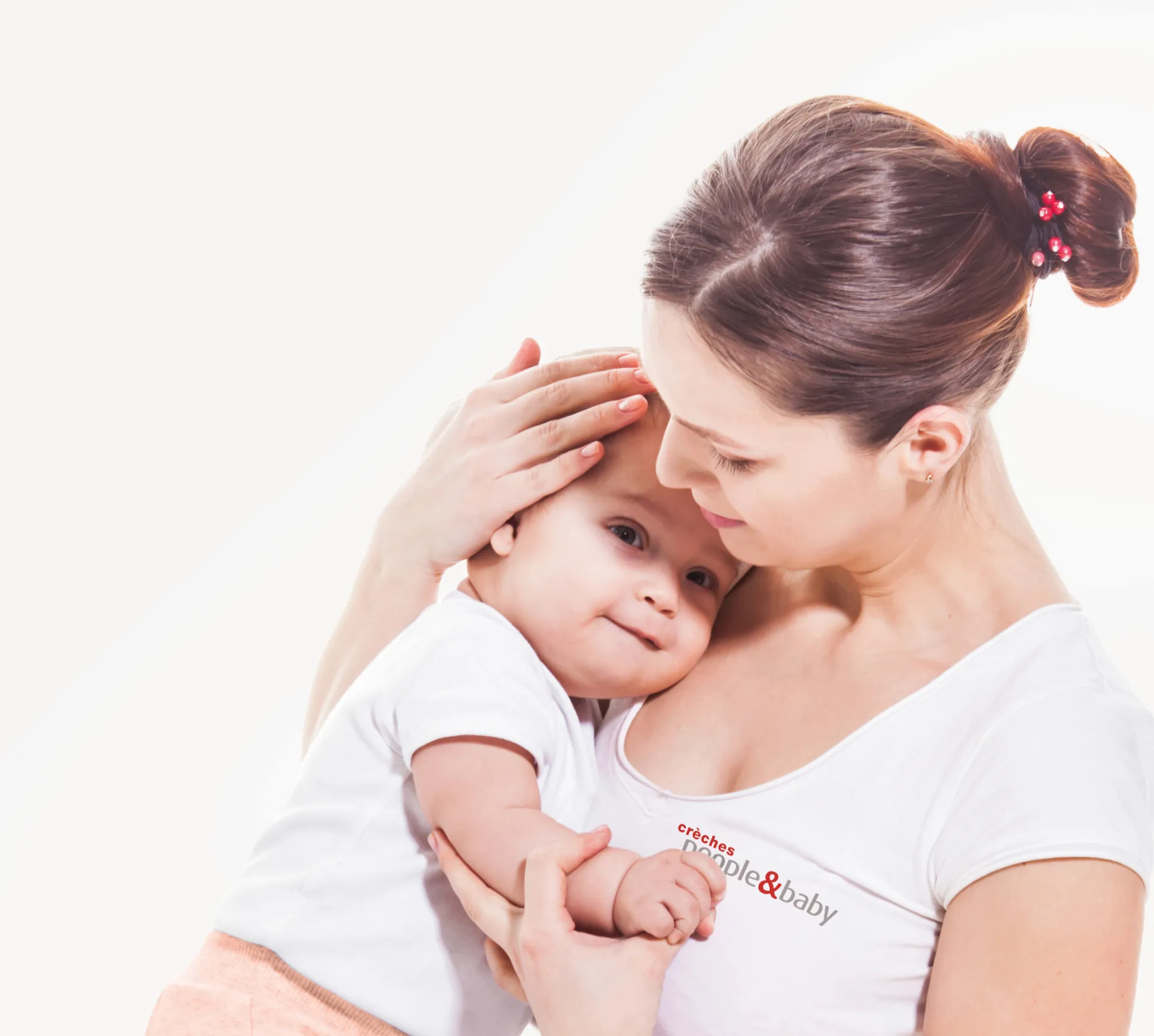
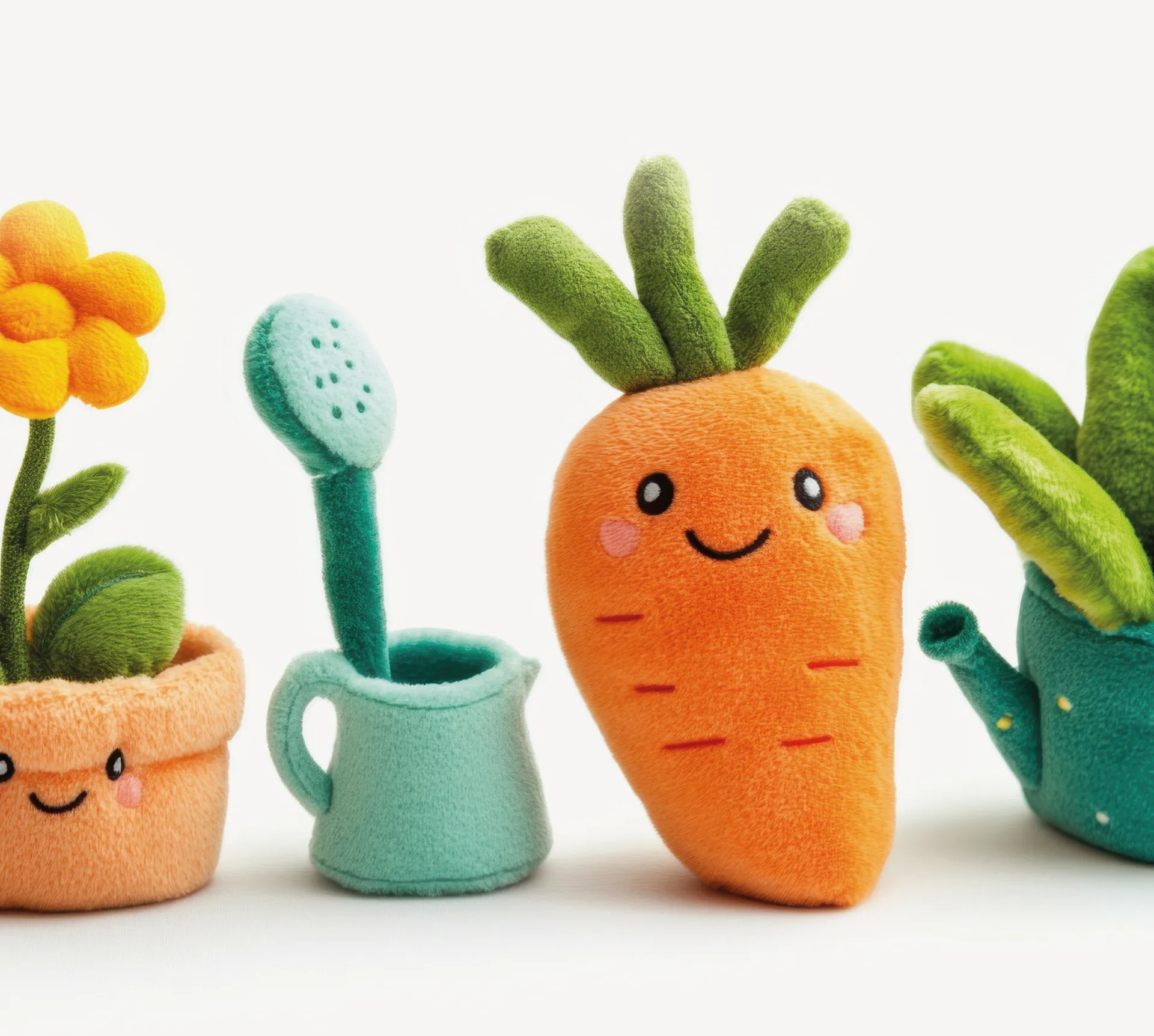
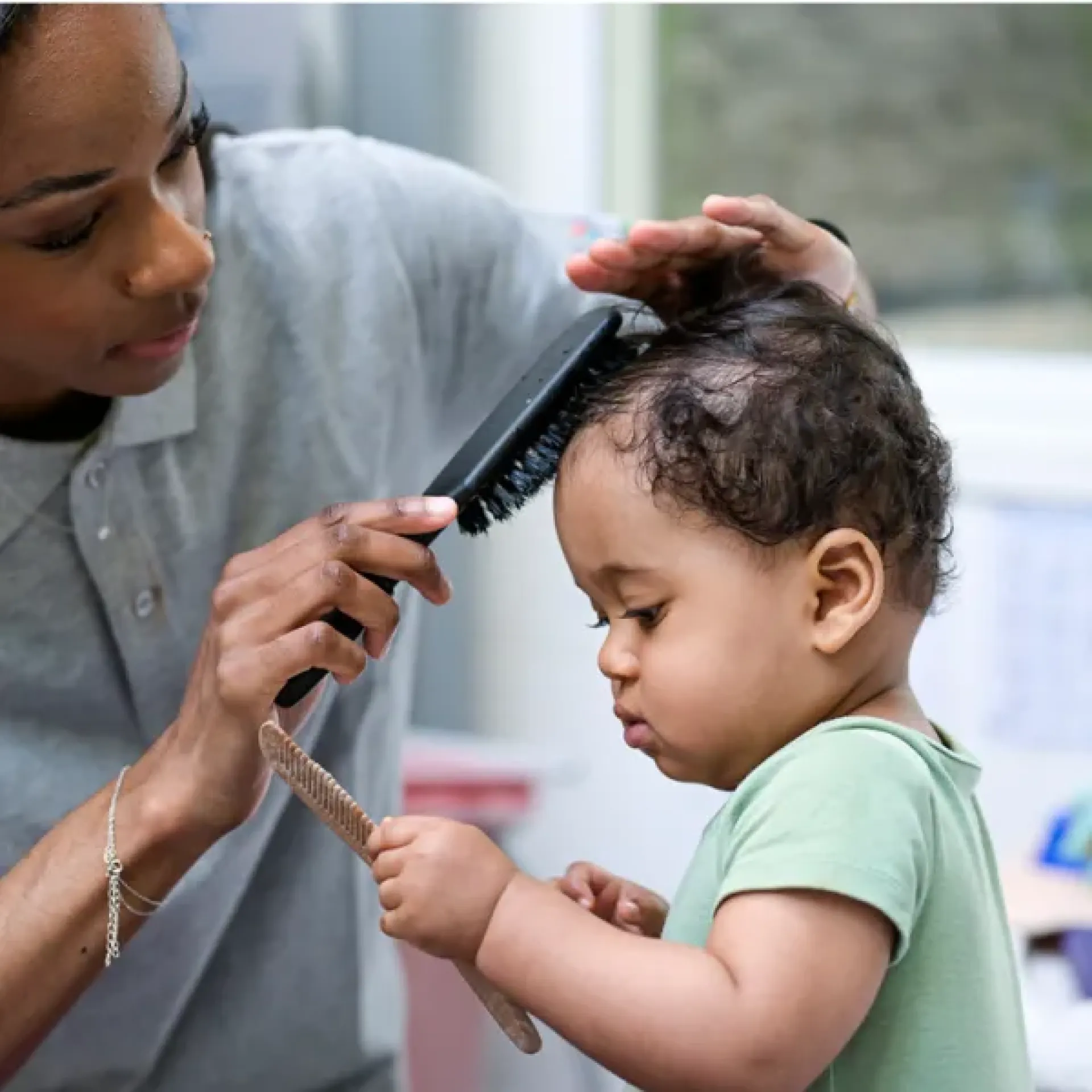
-1754397186-1754397186-1920.webp)
